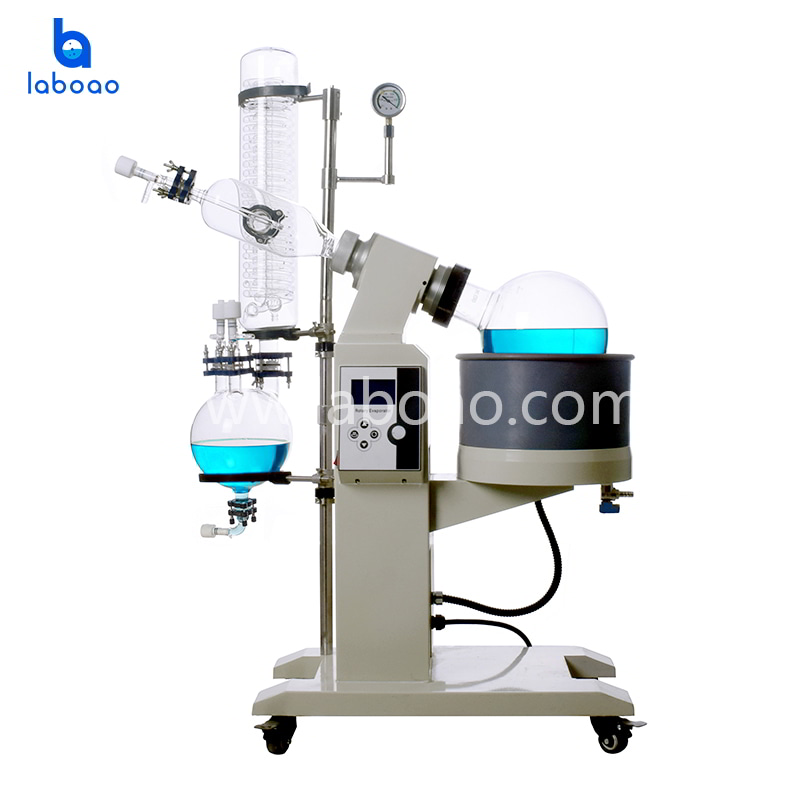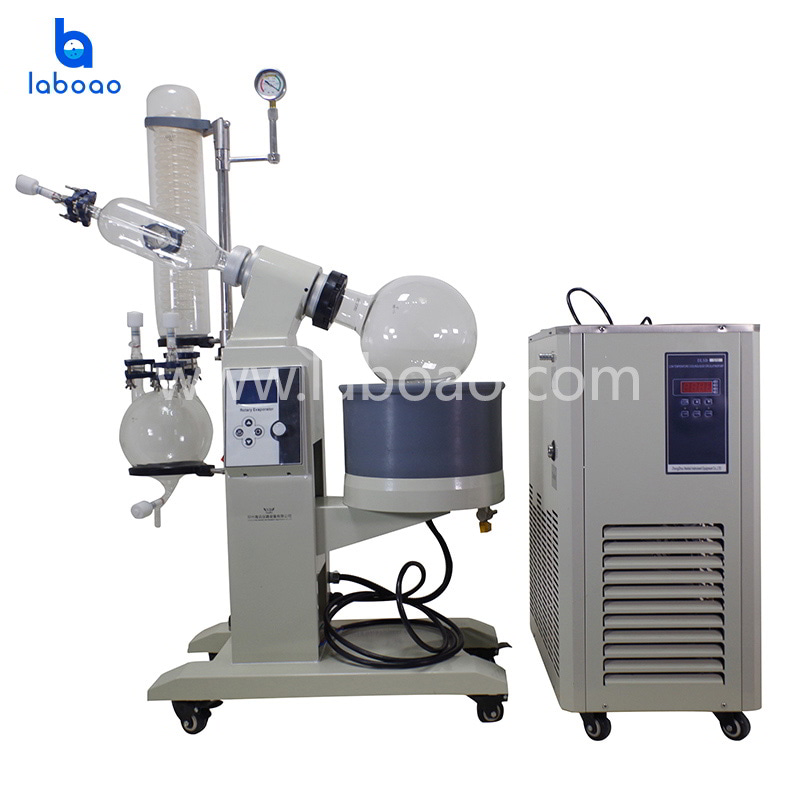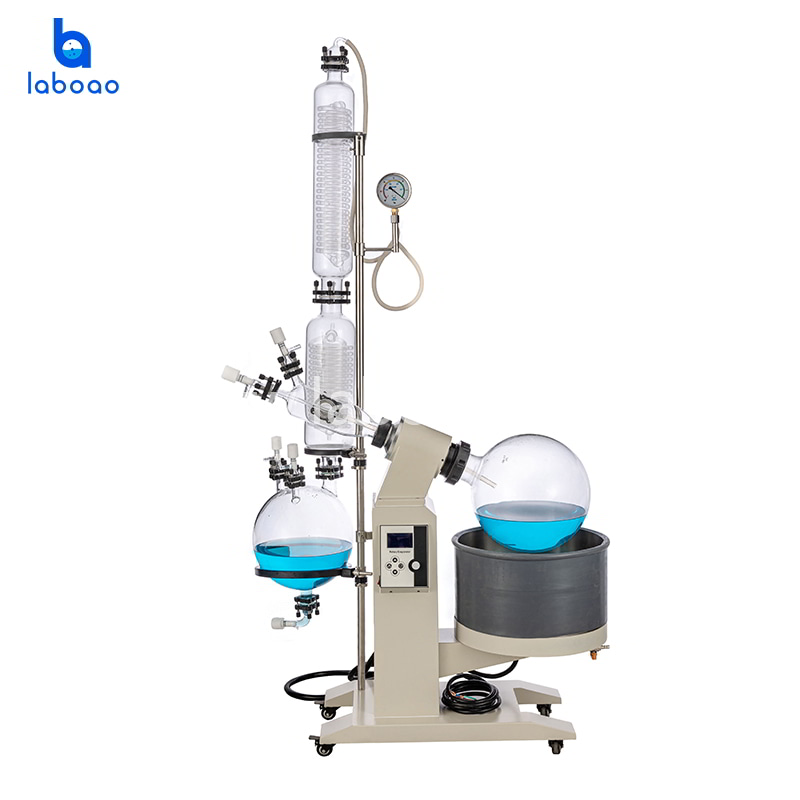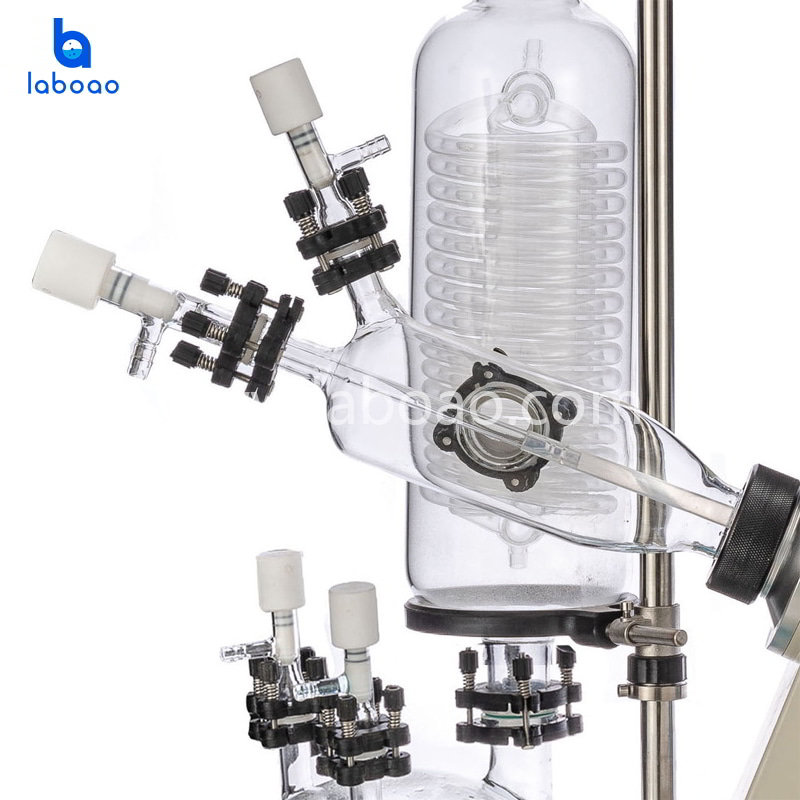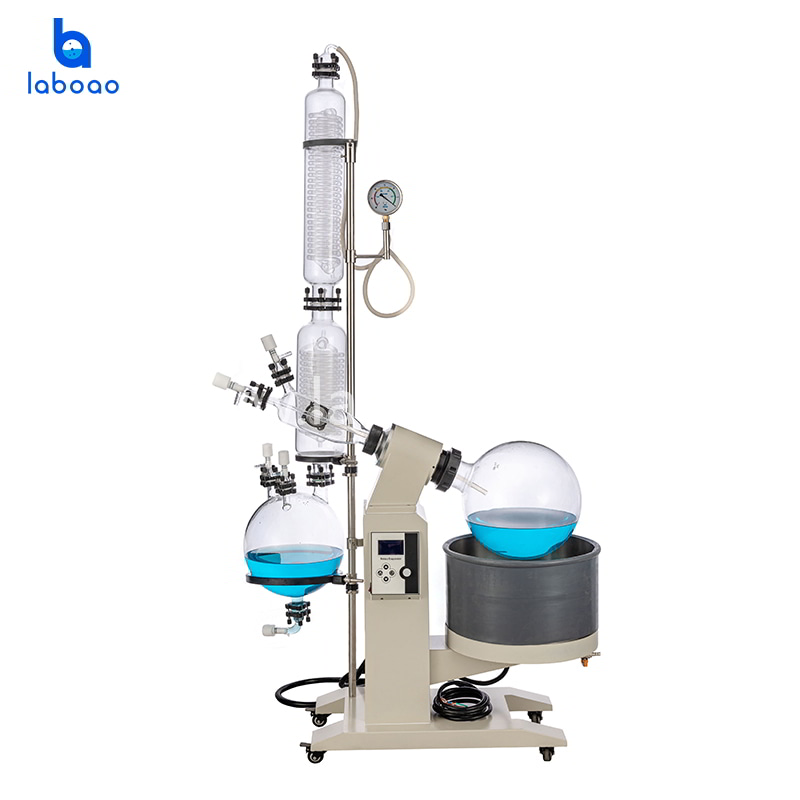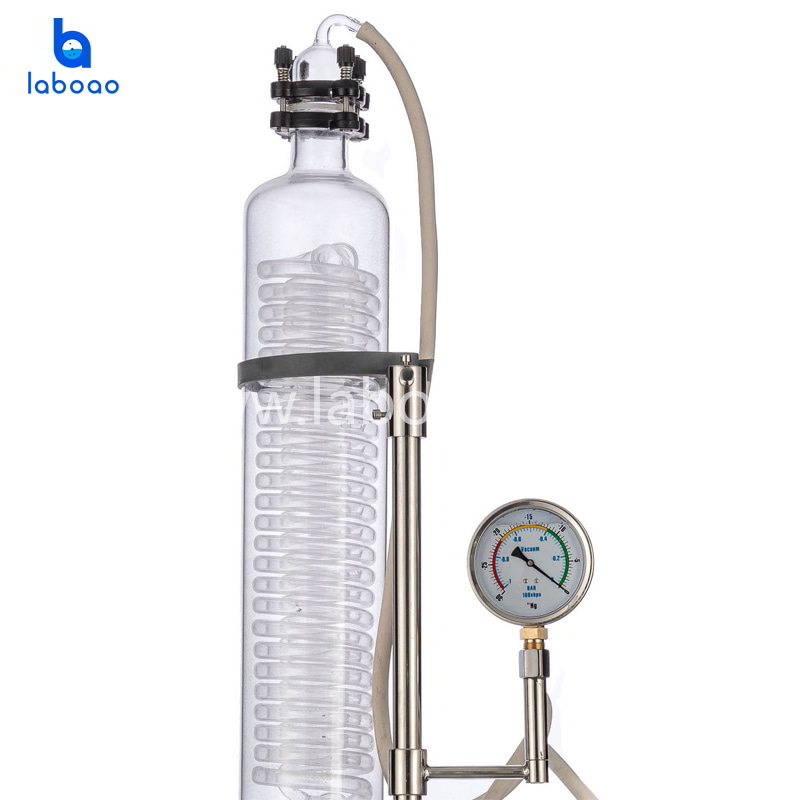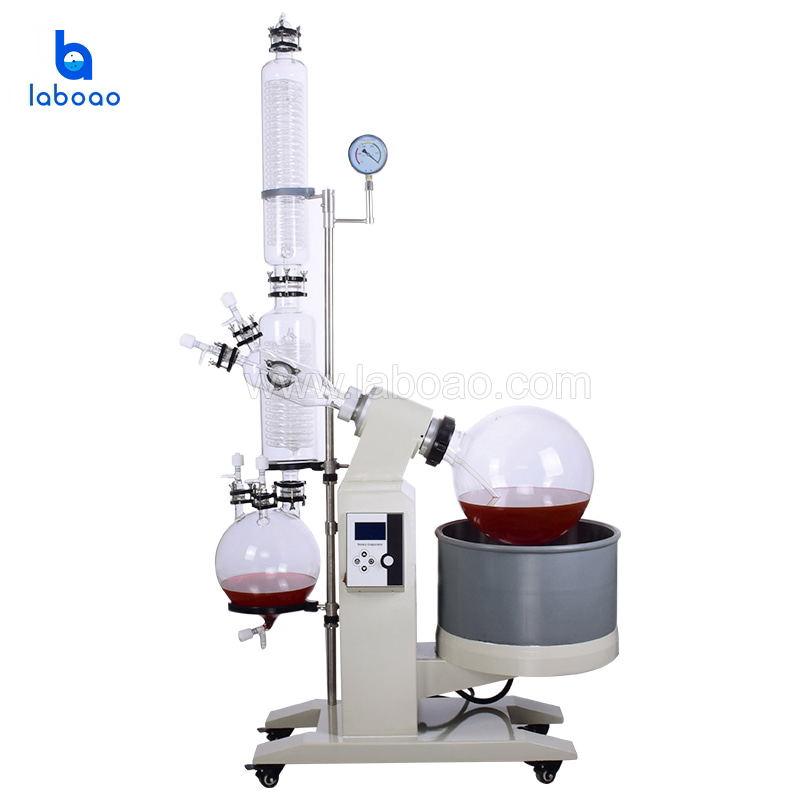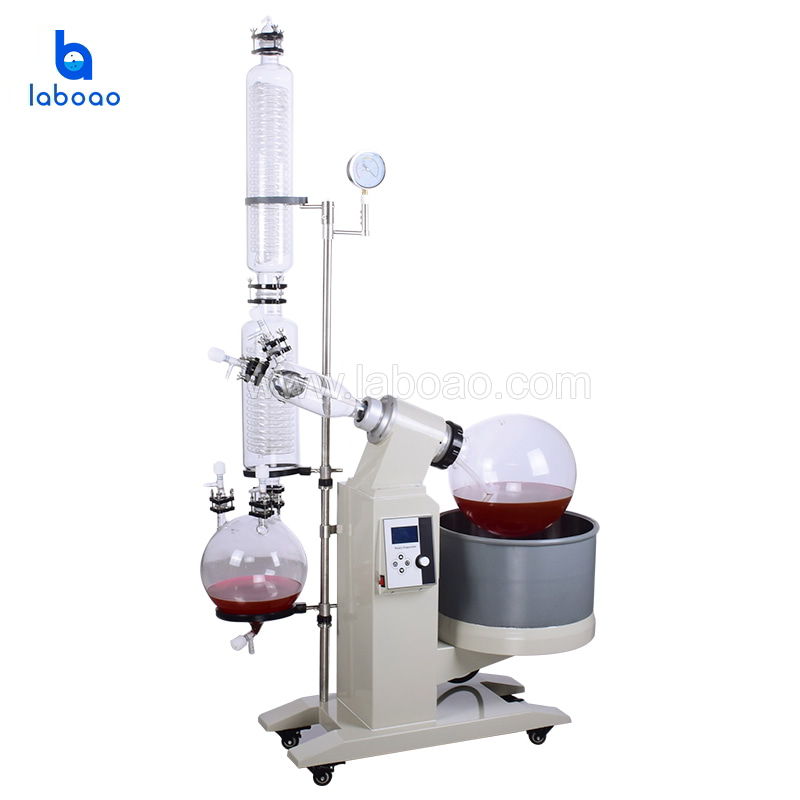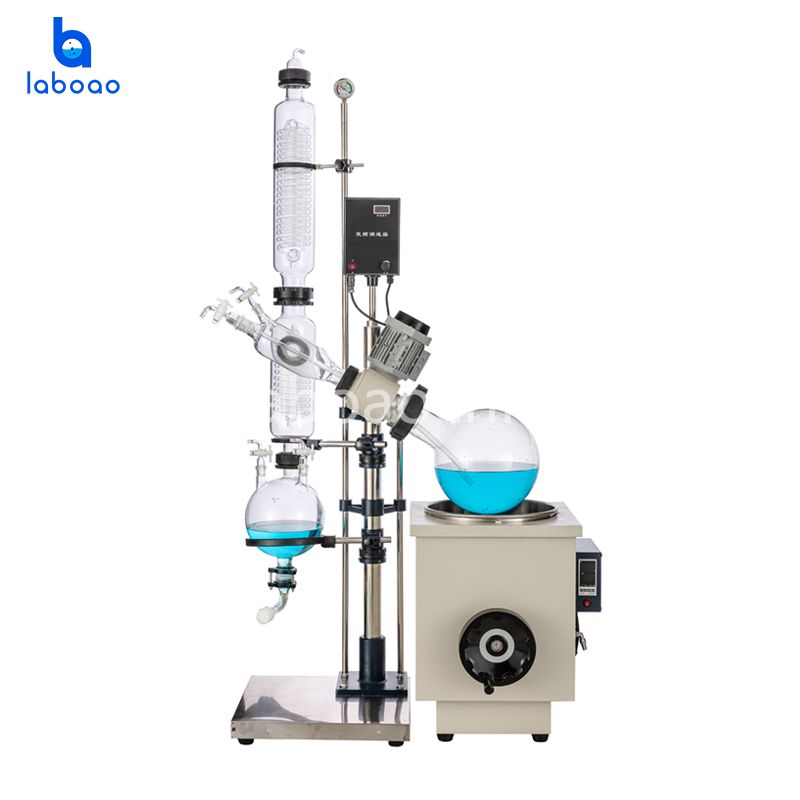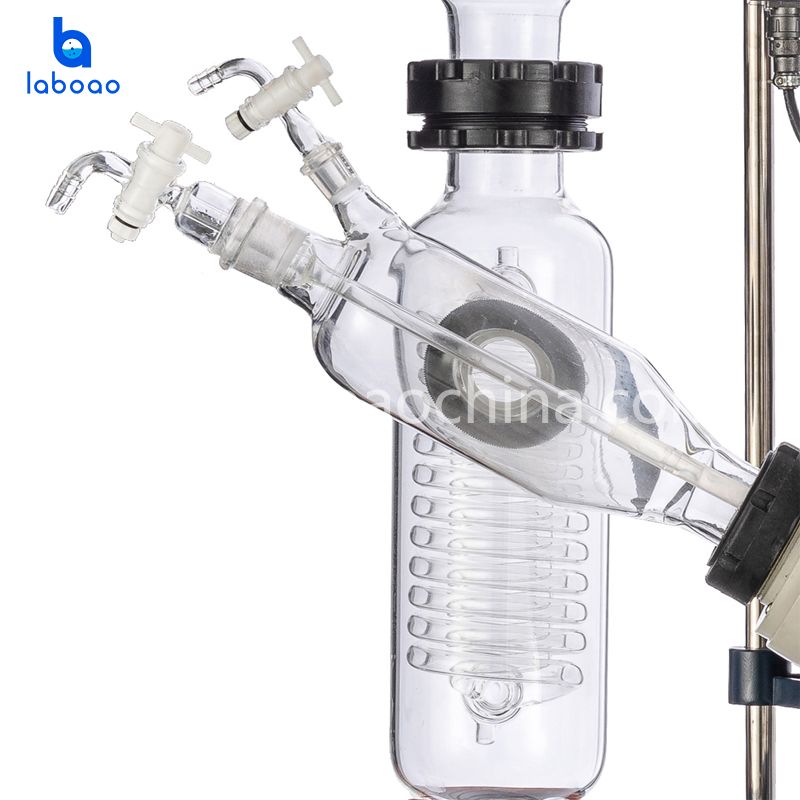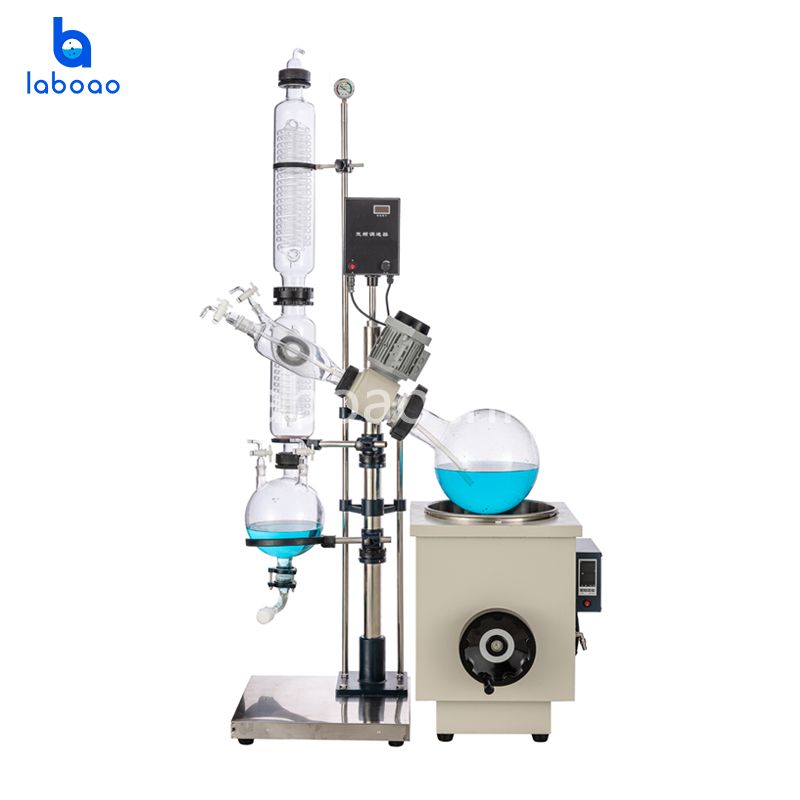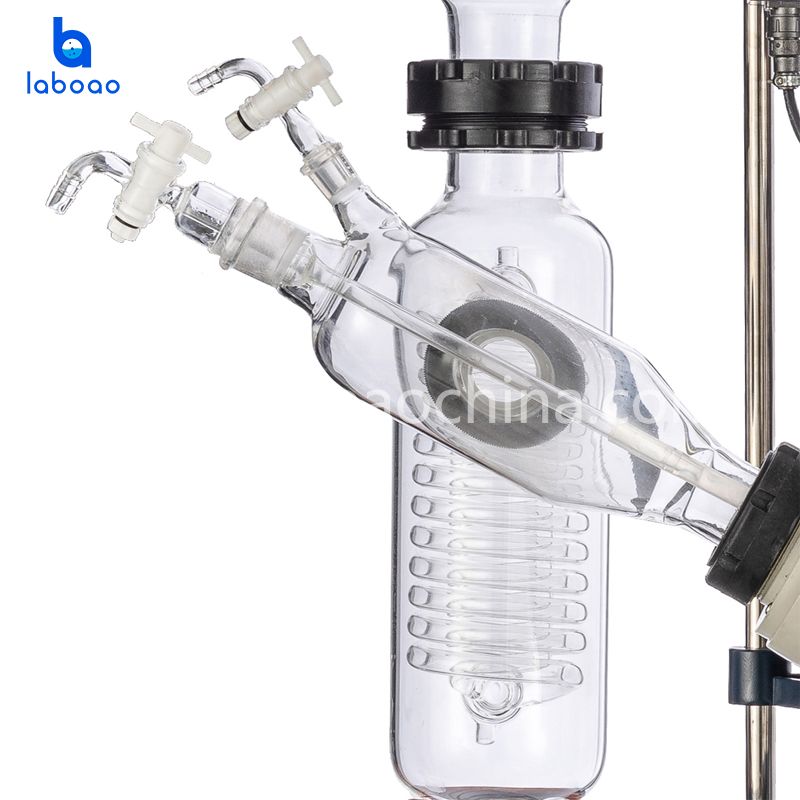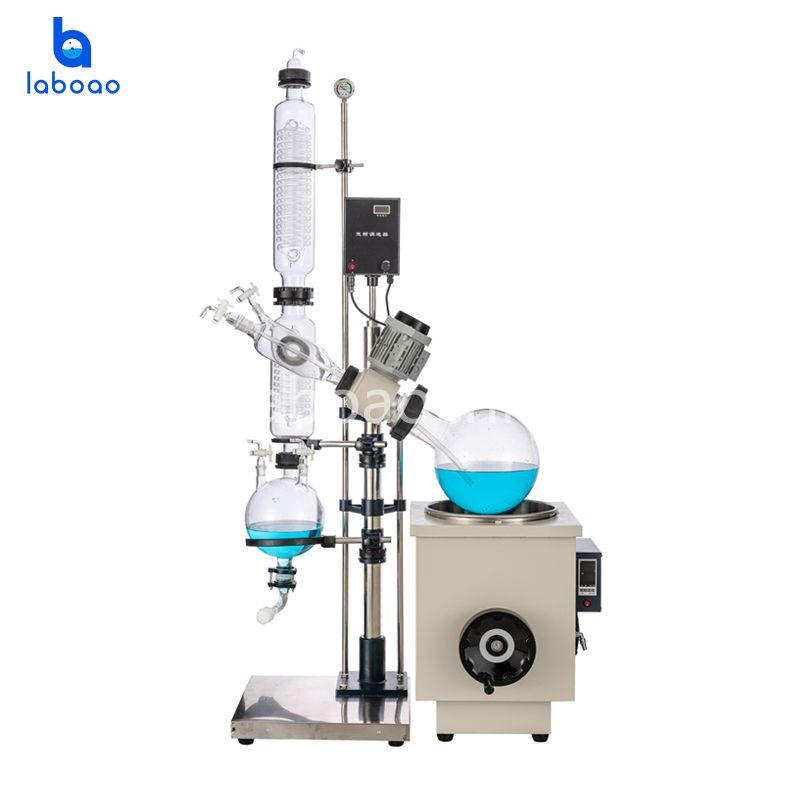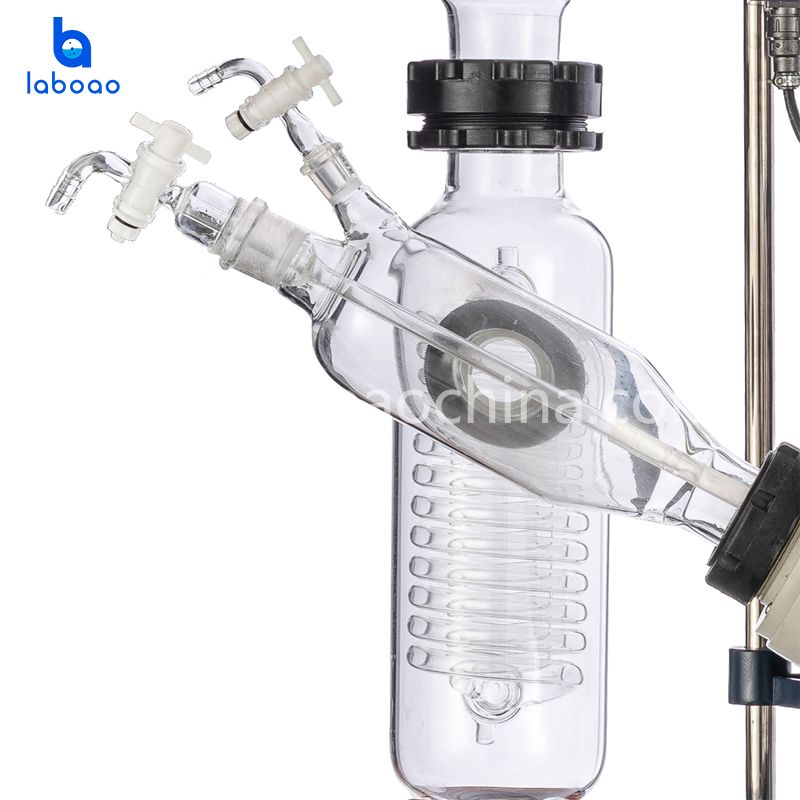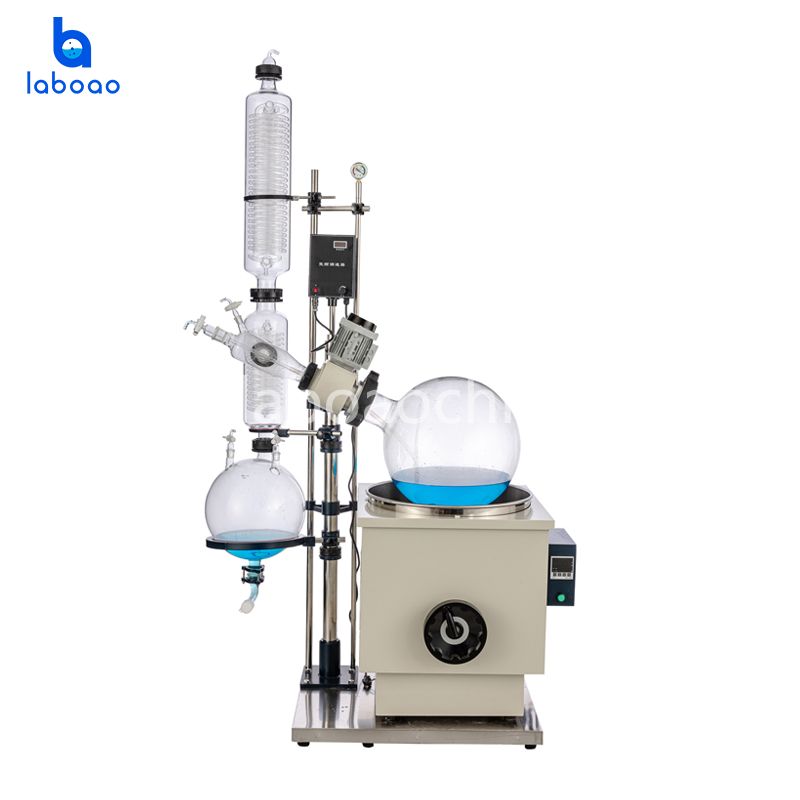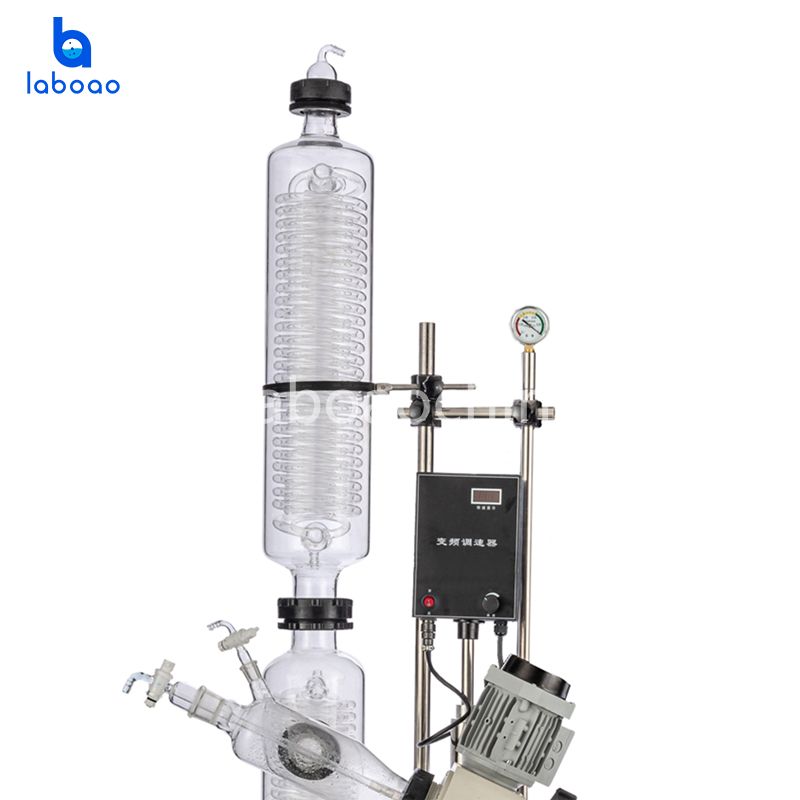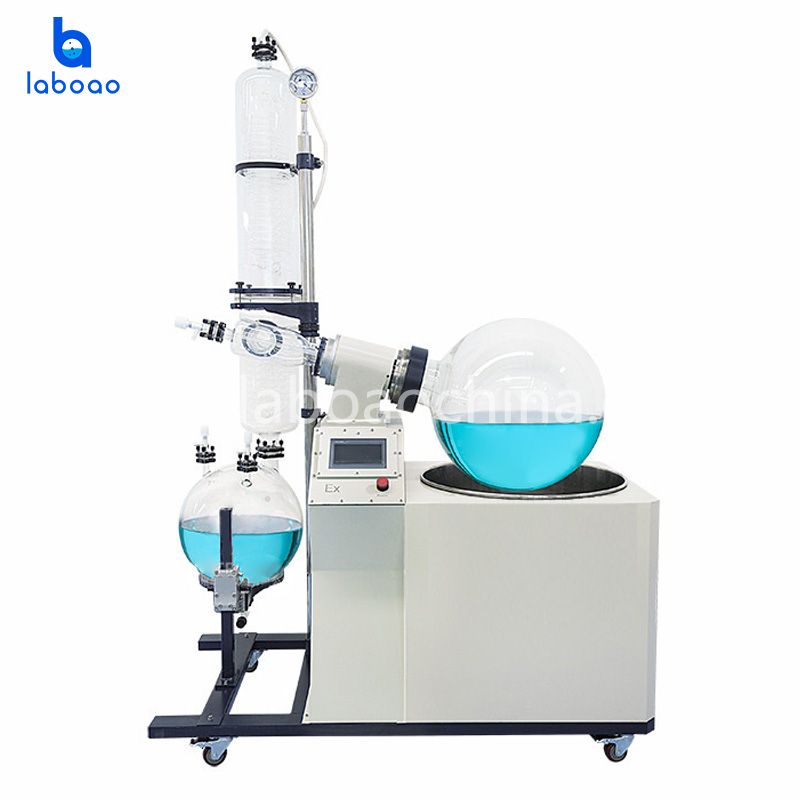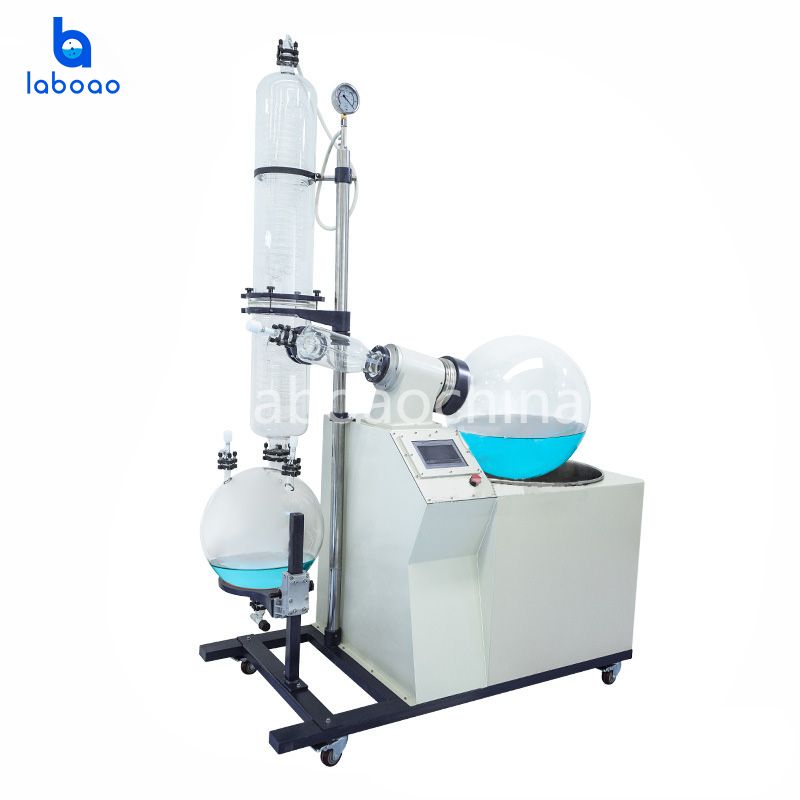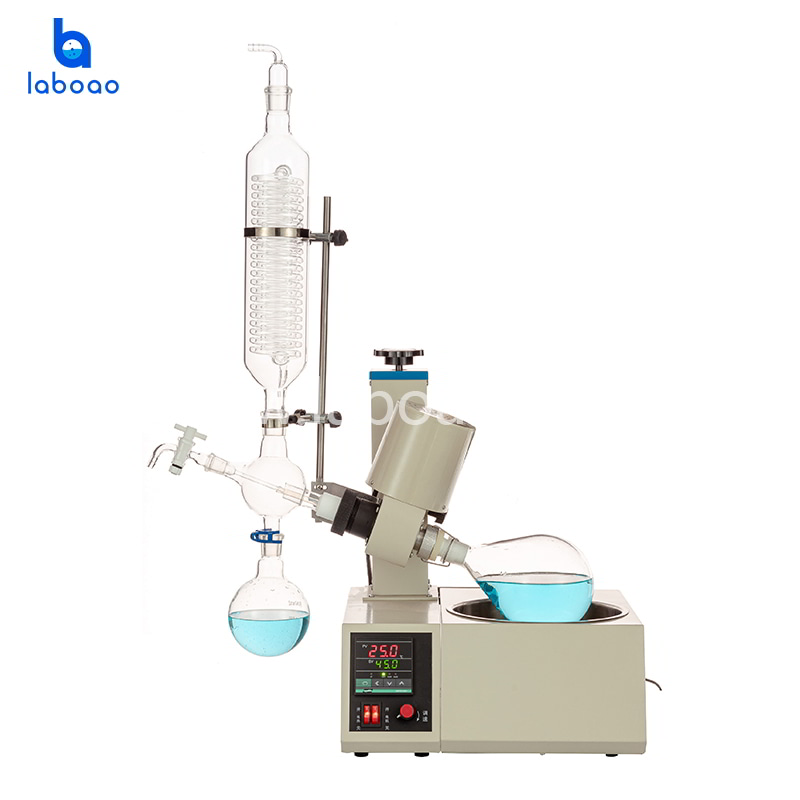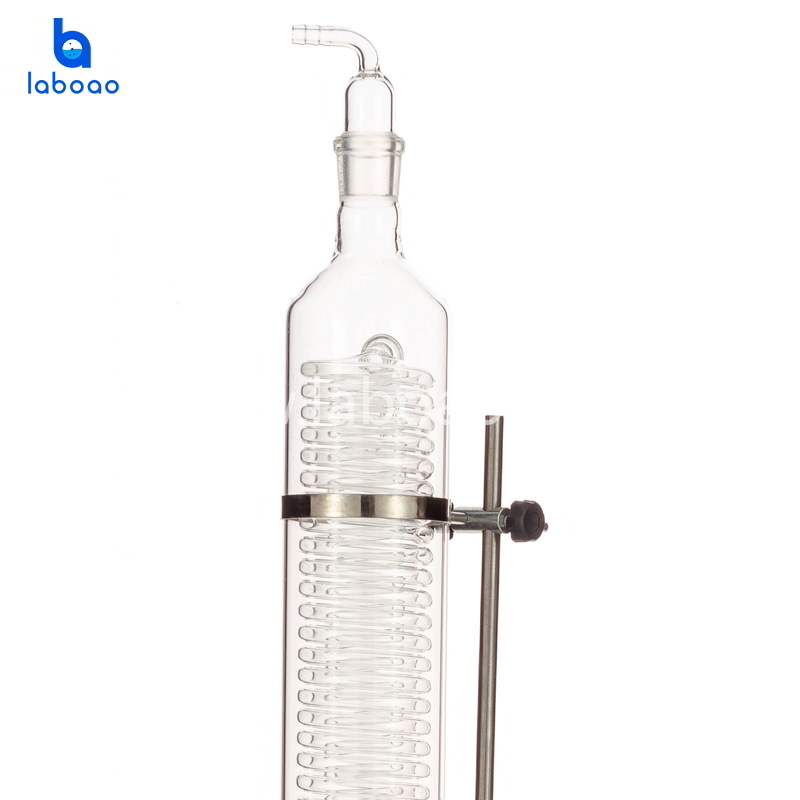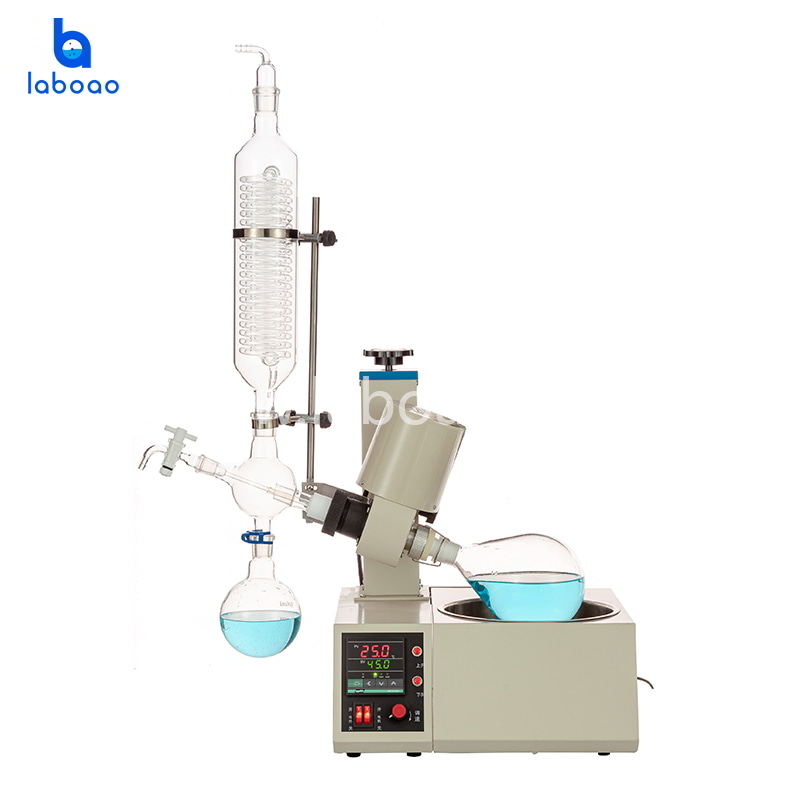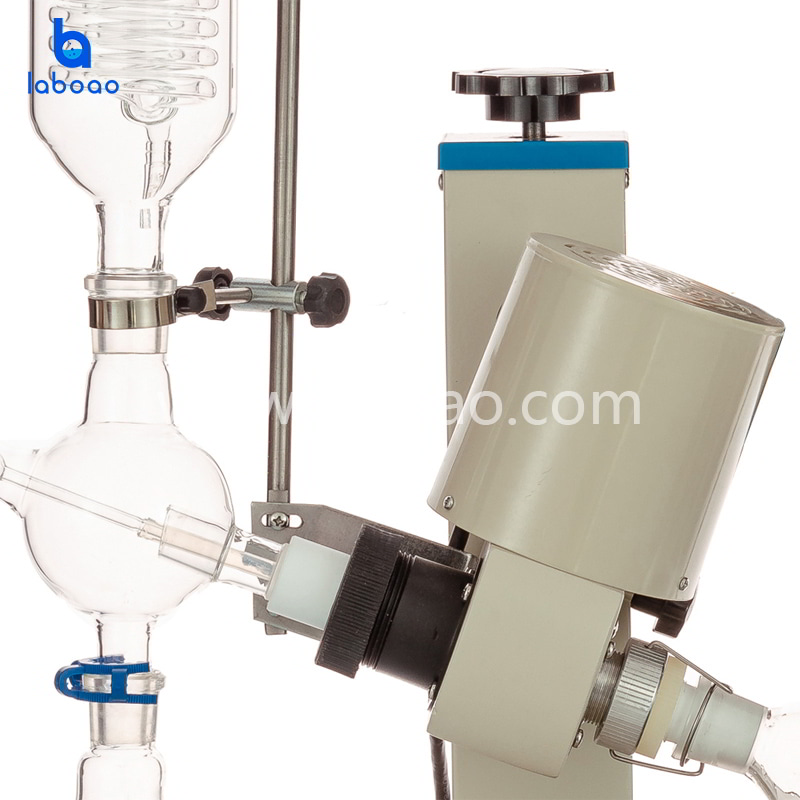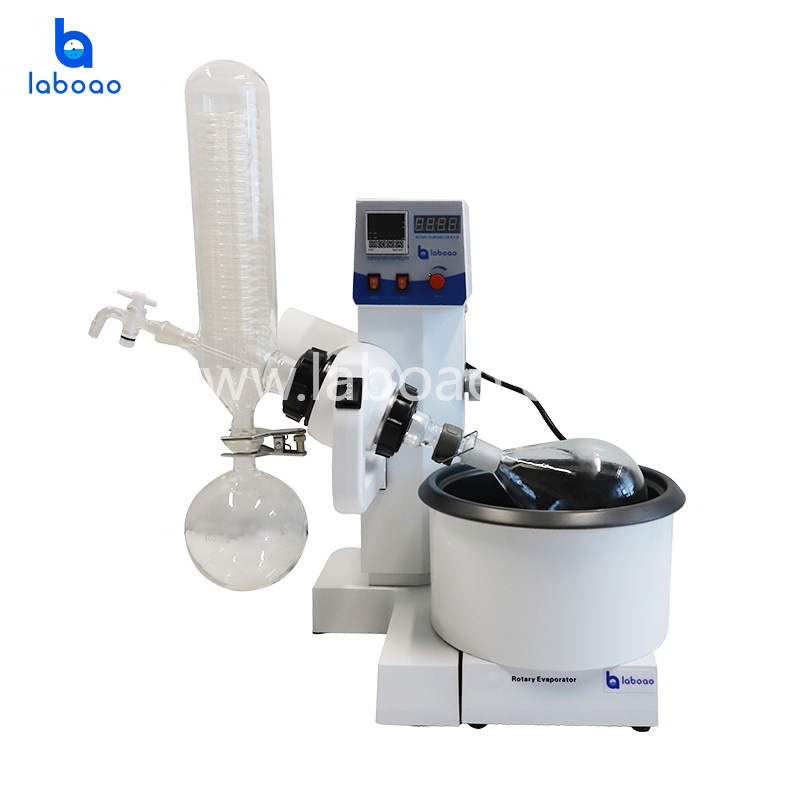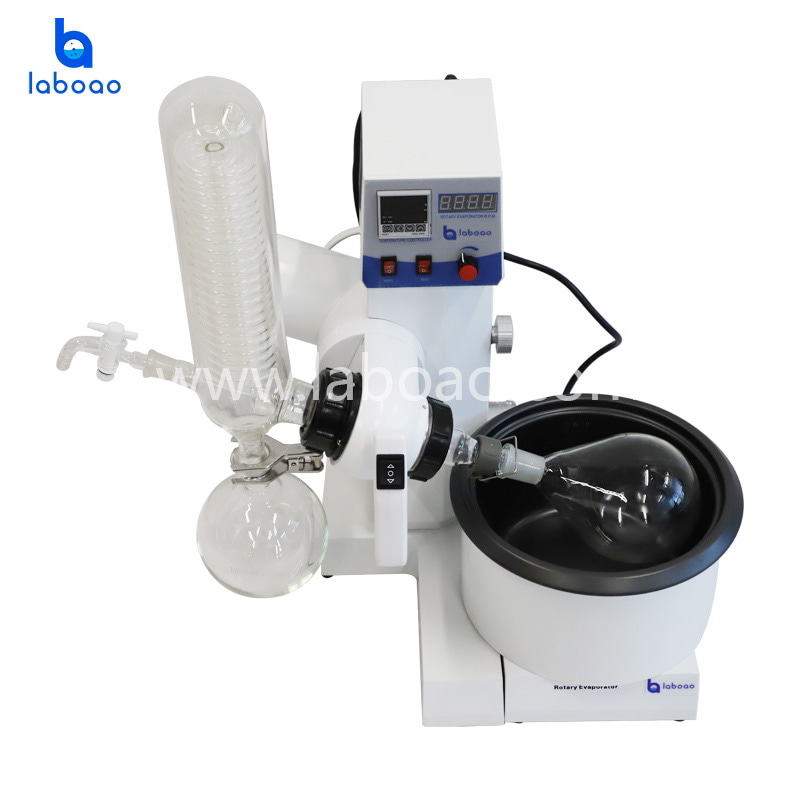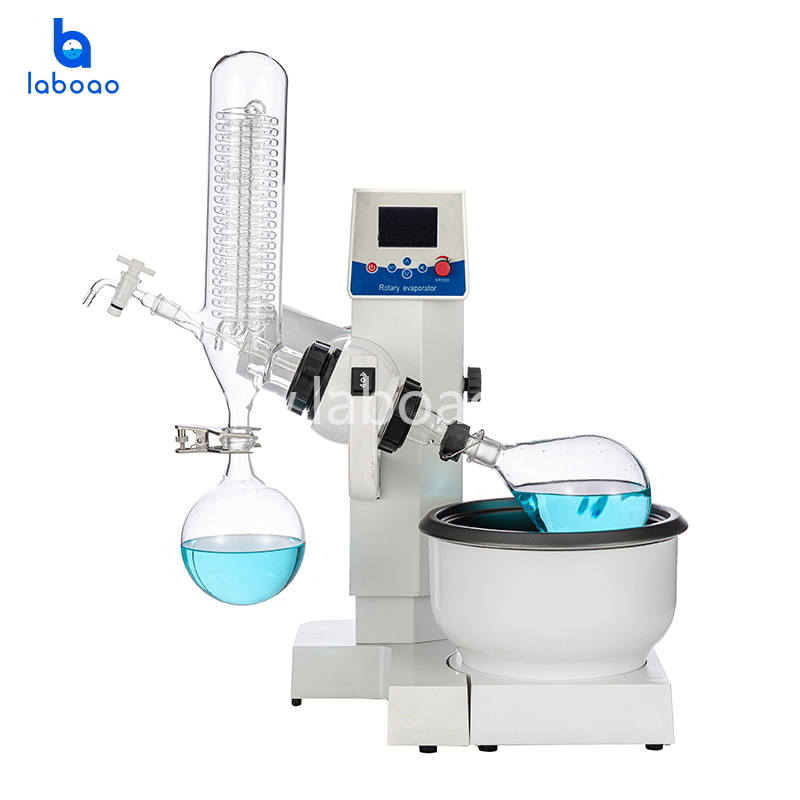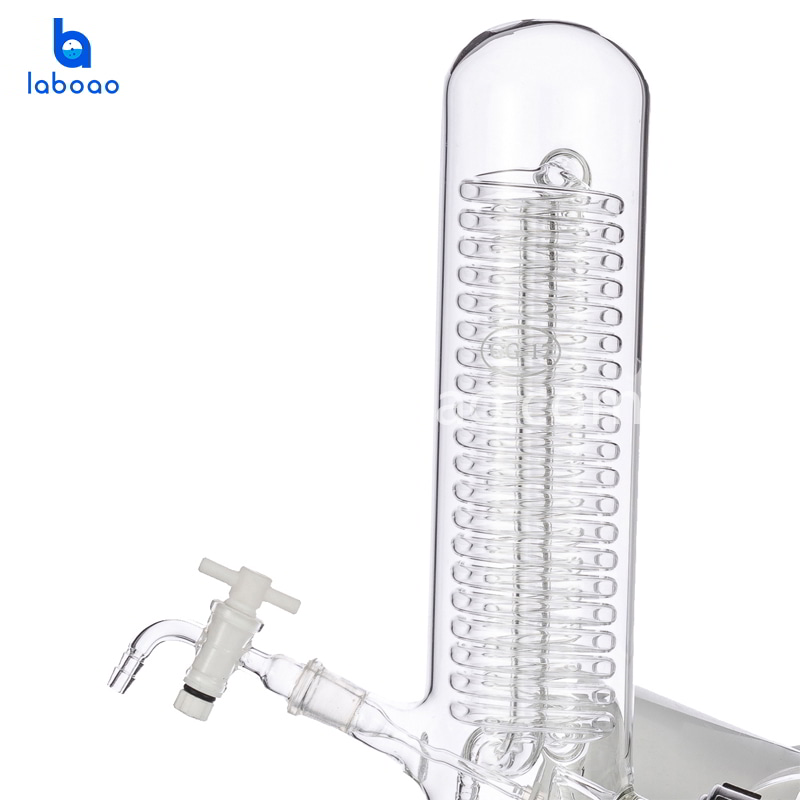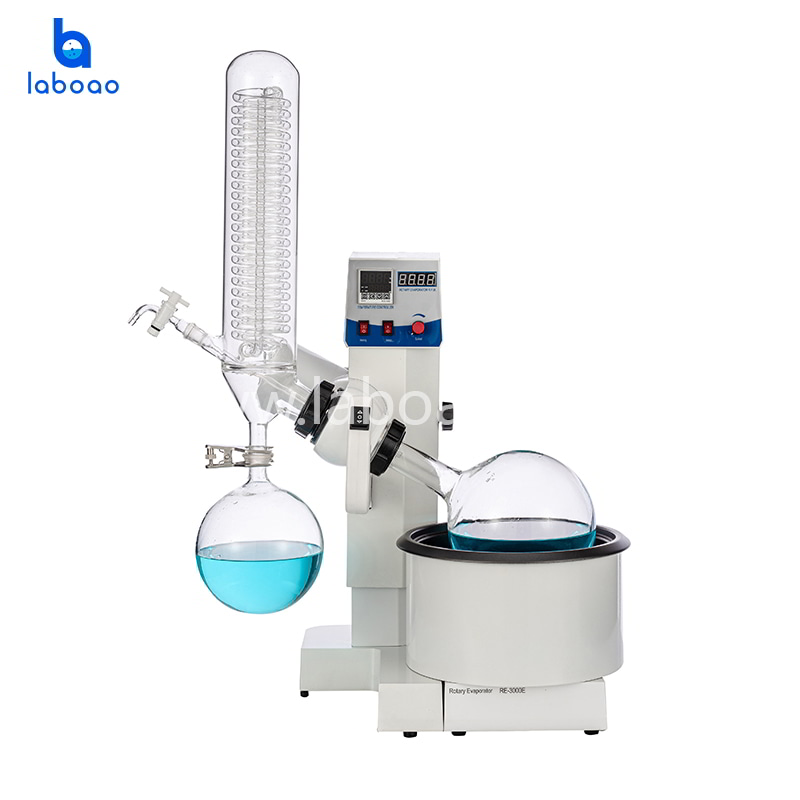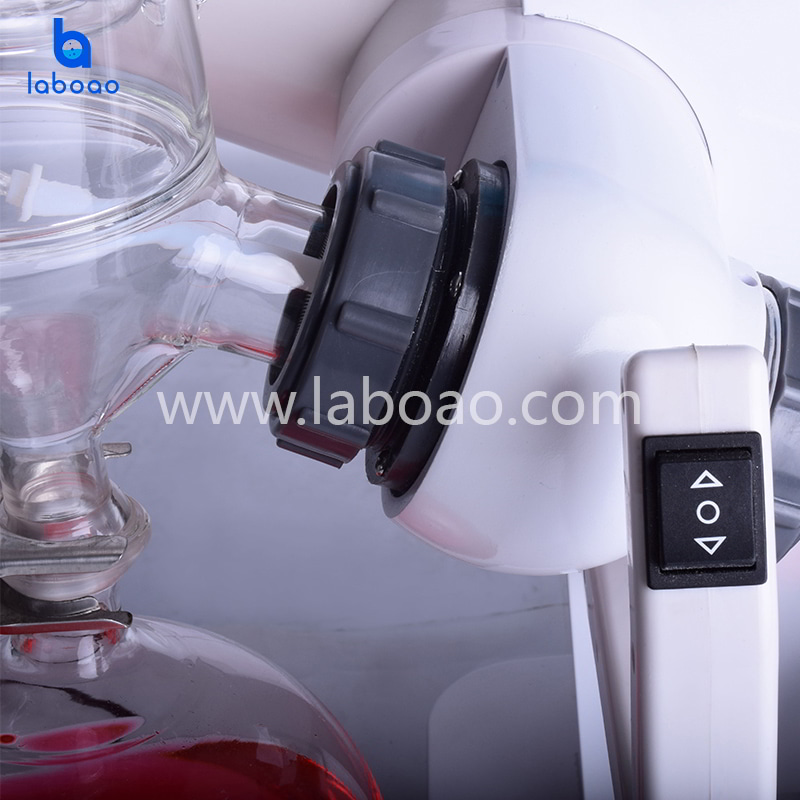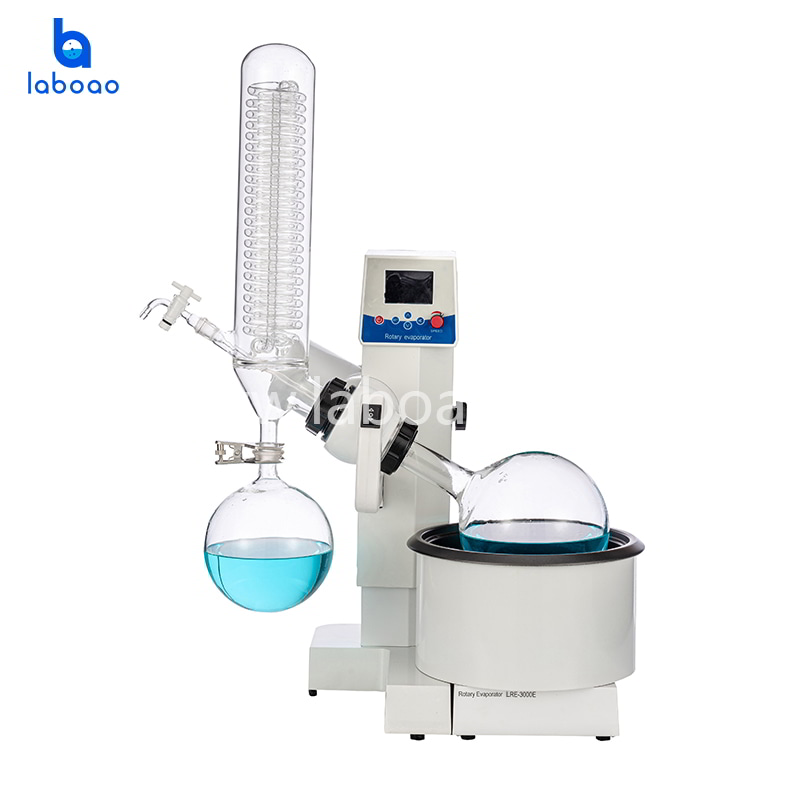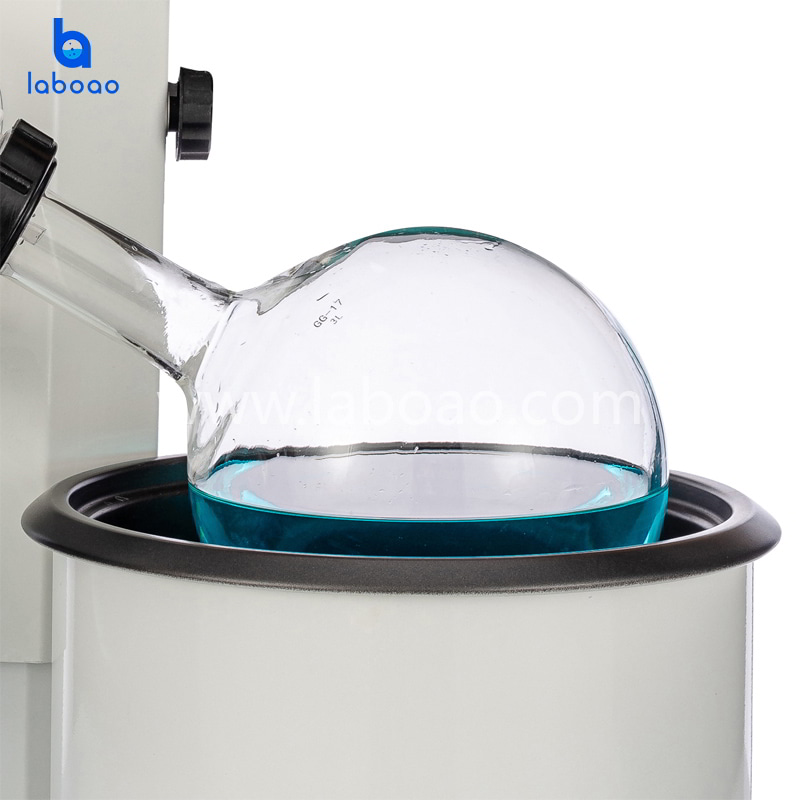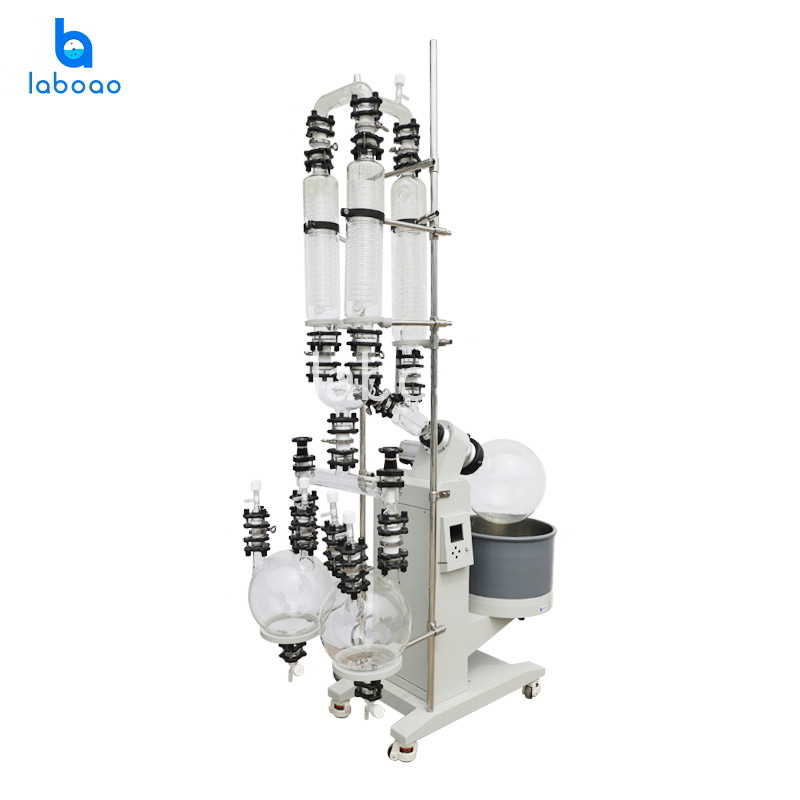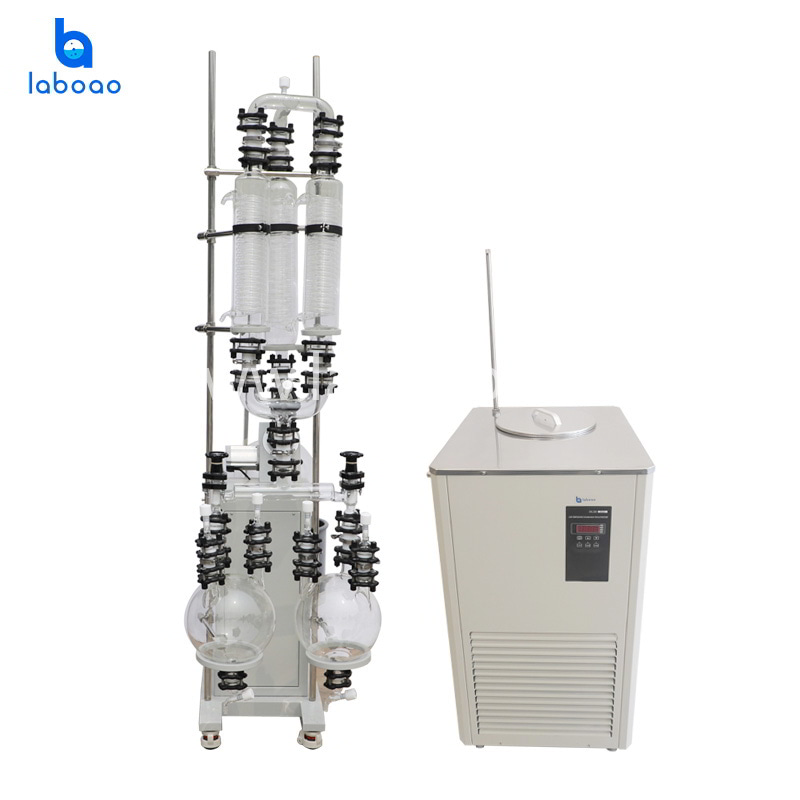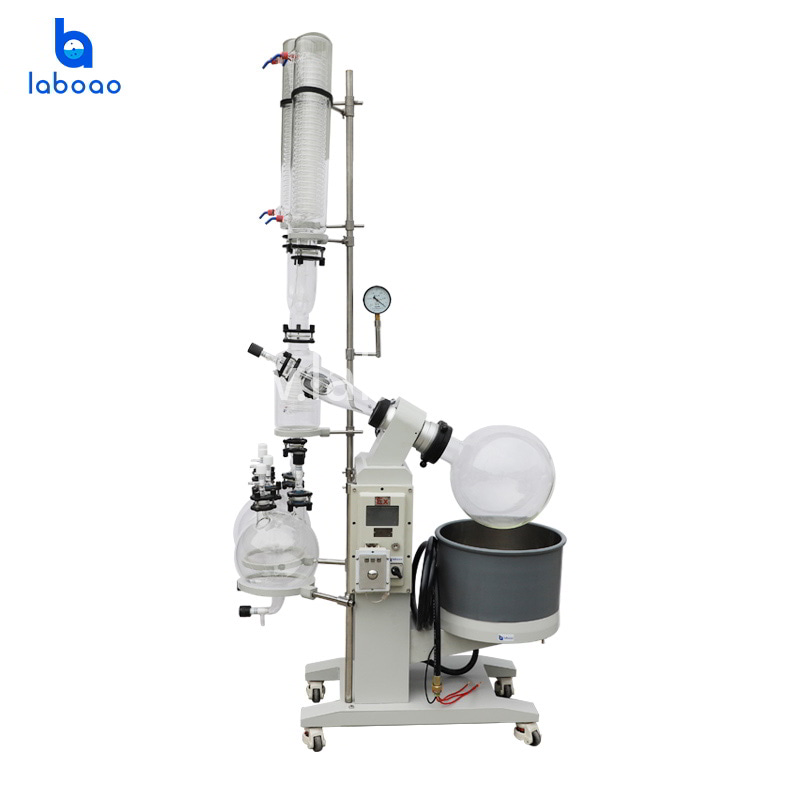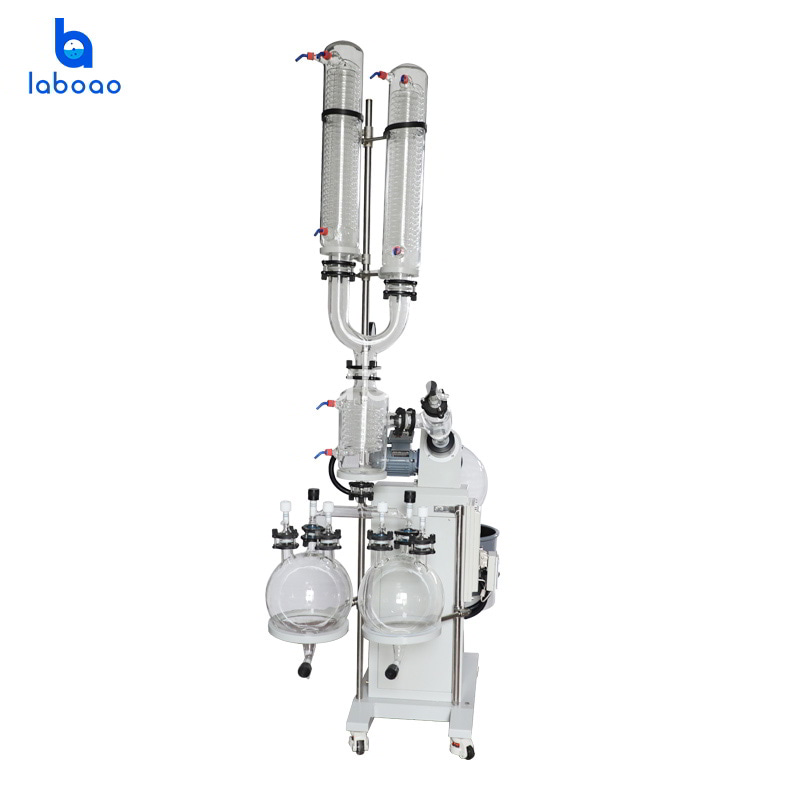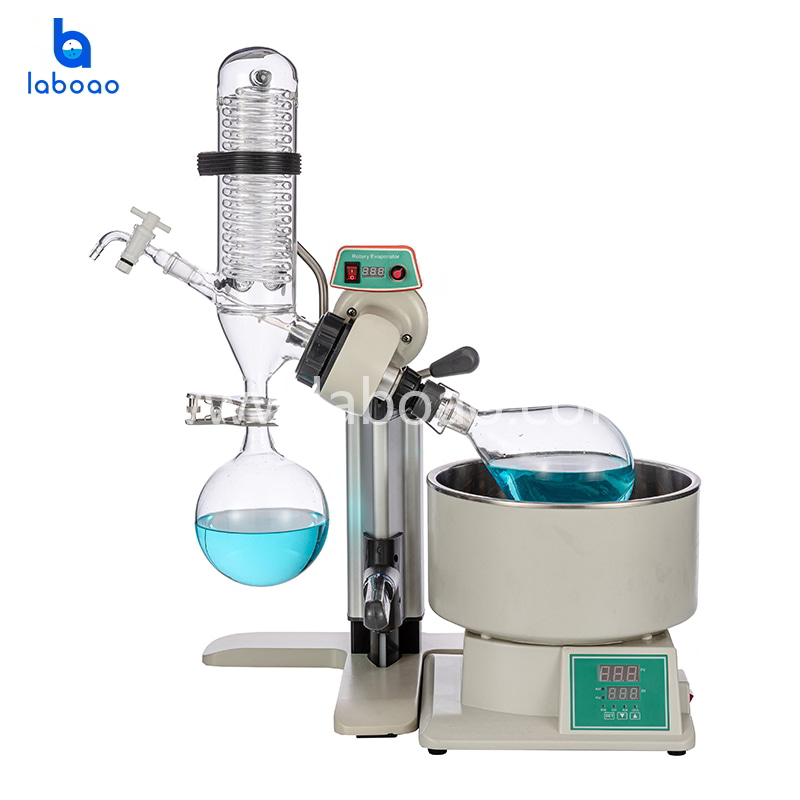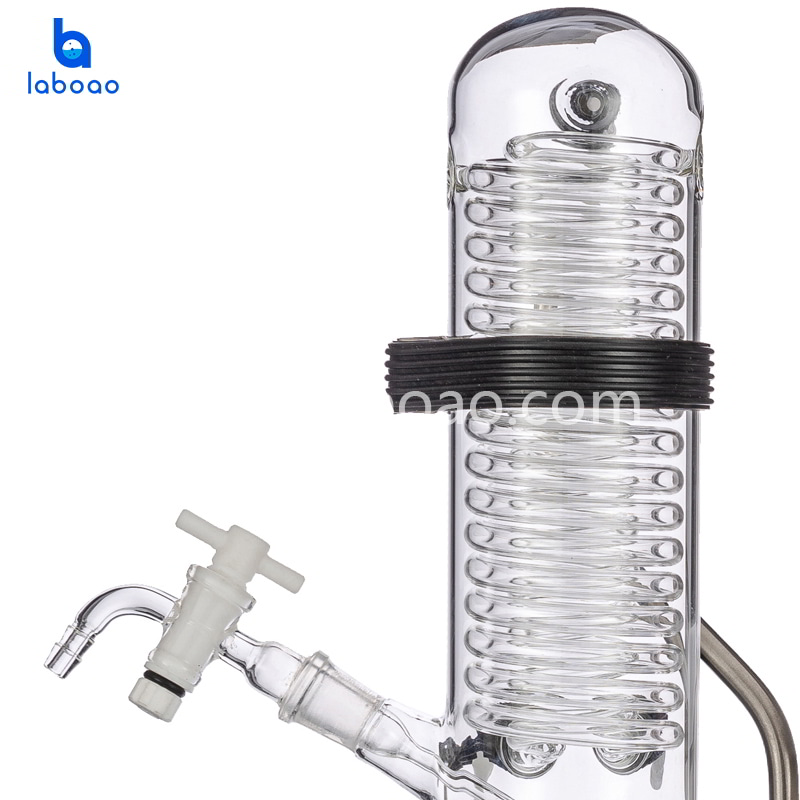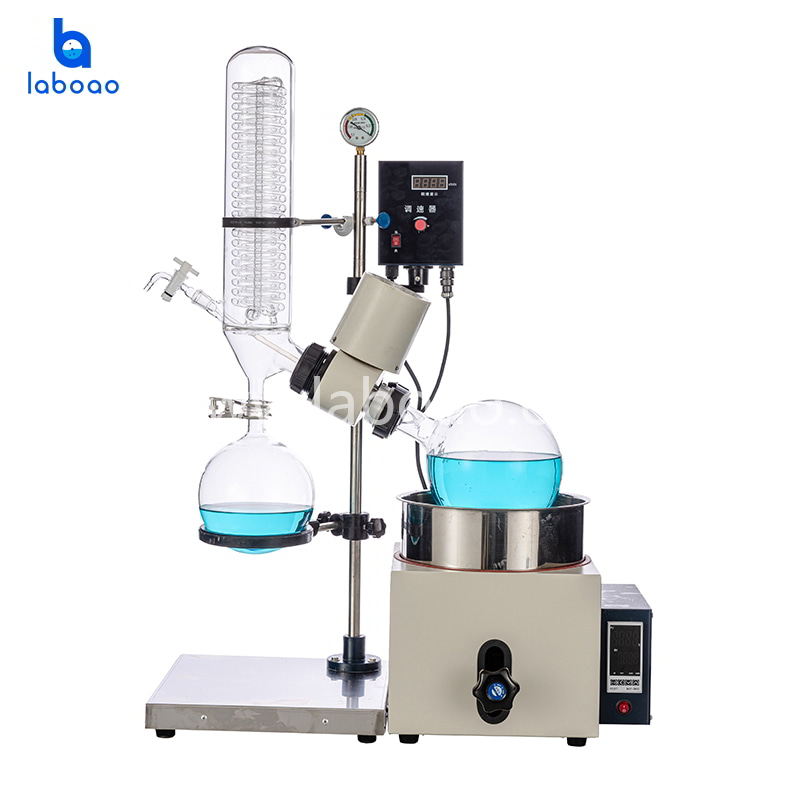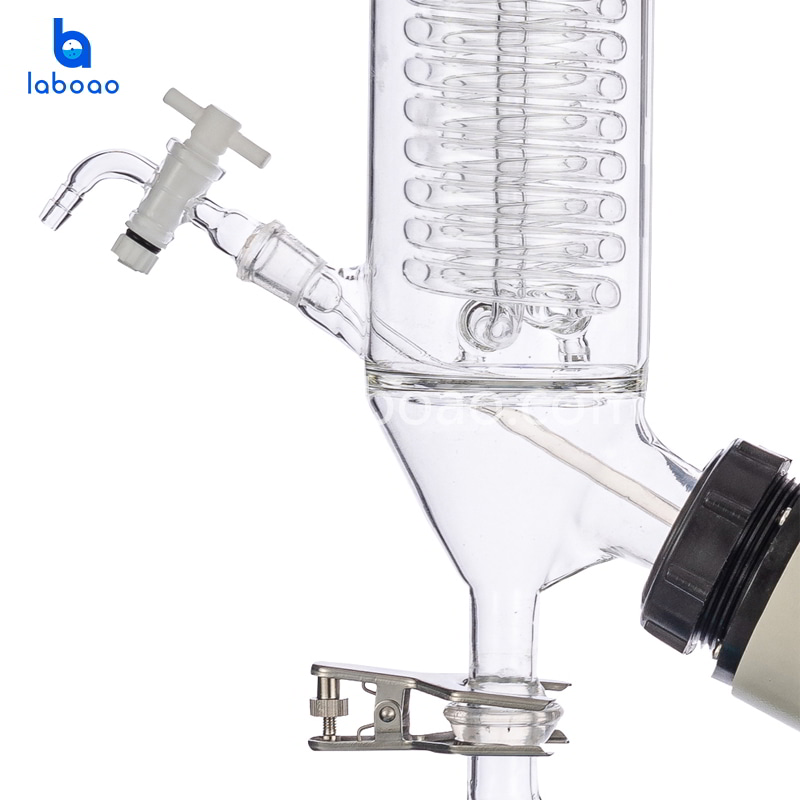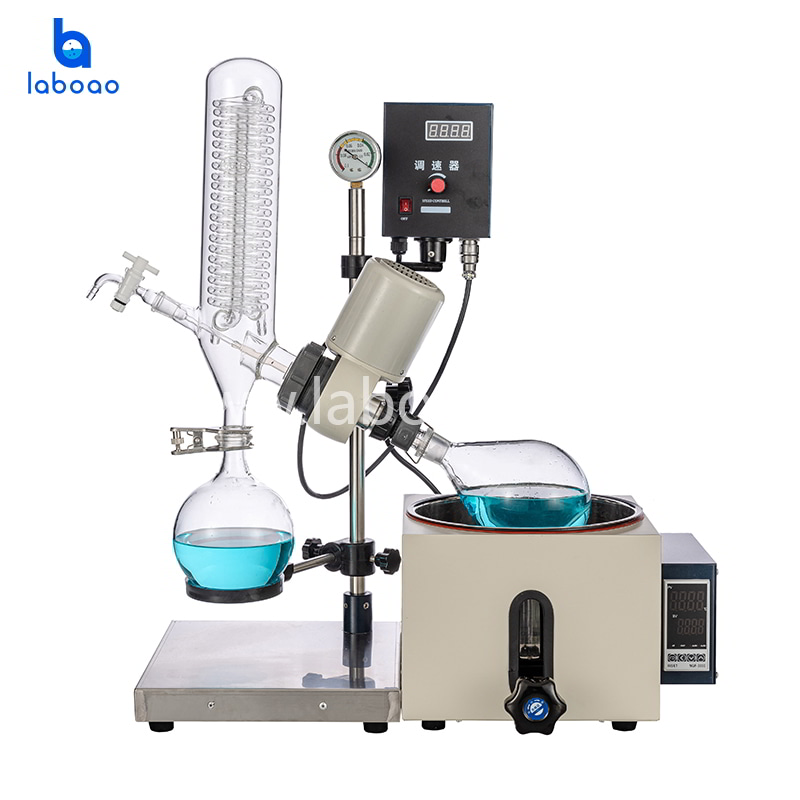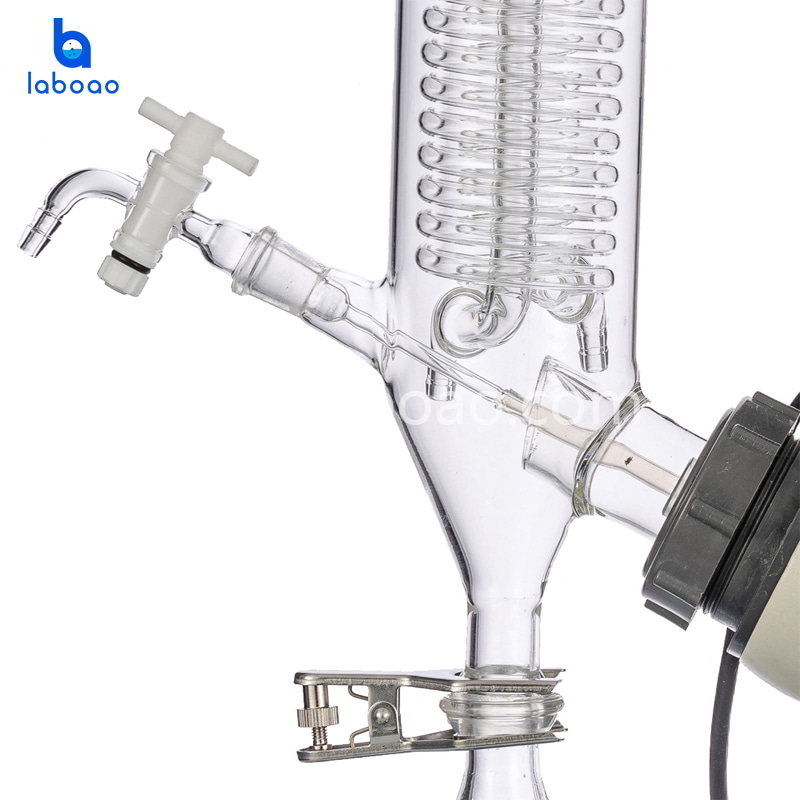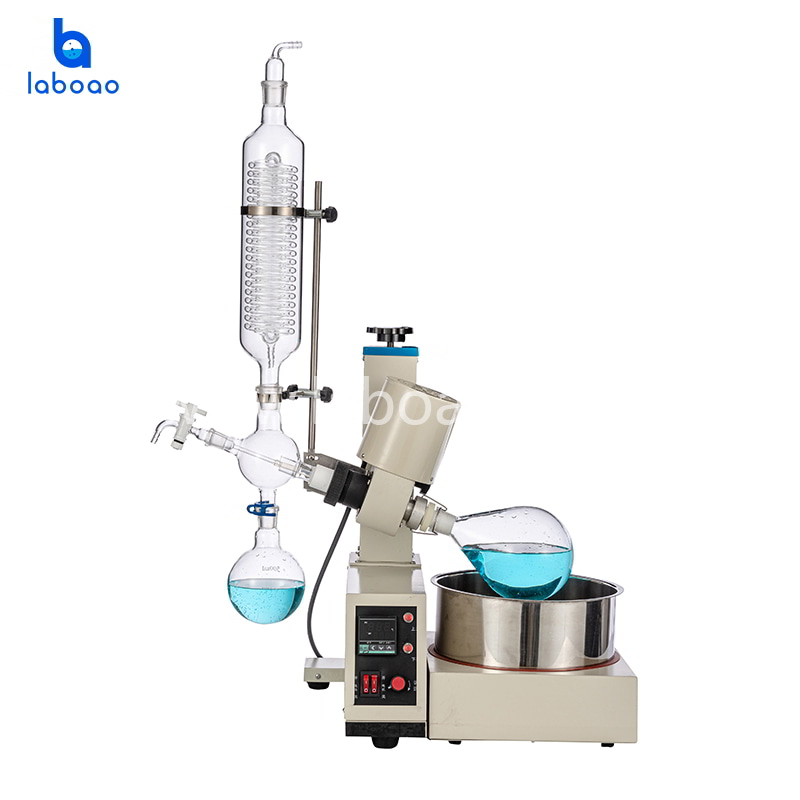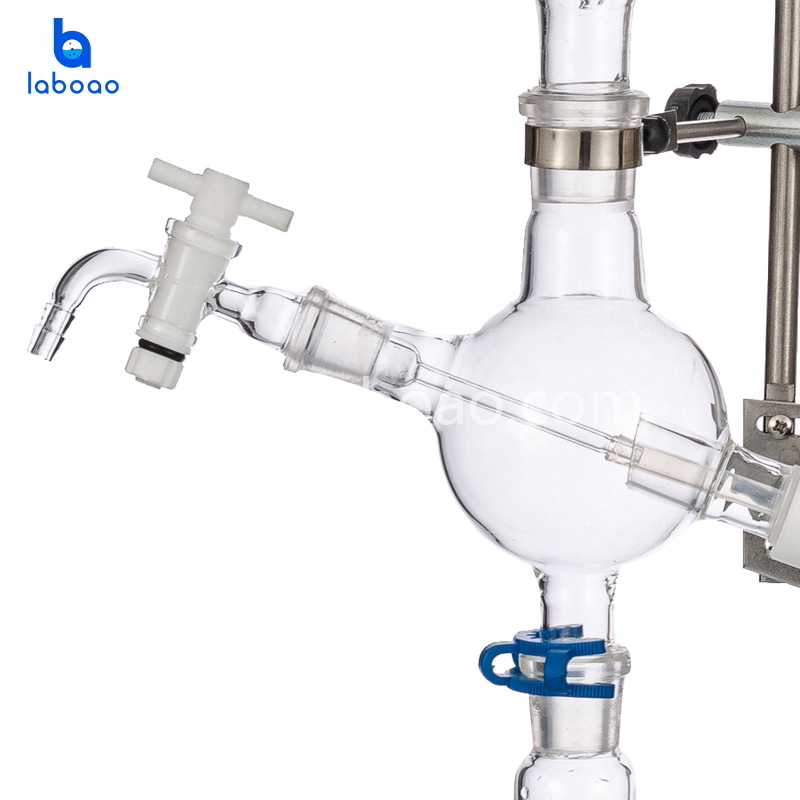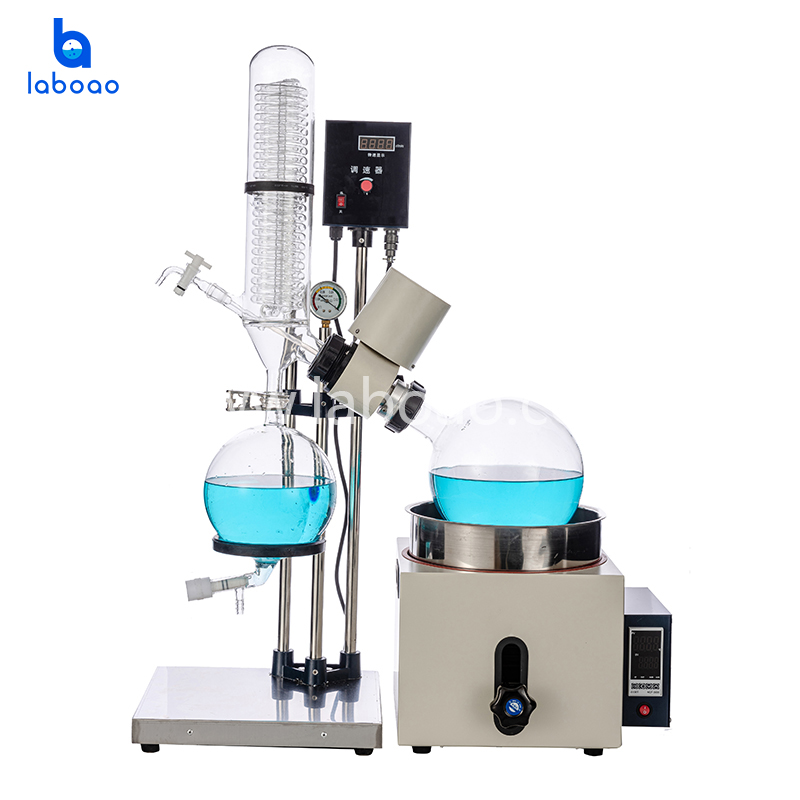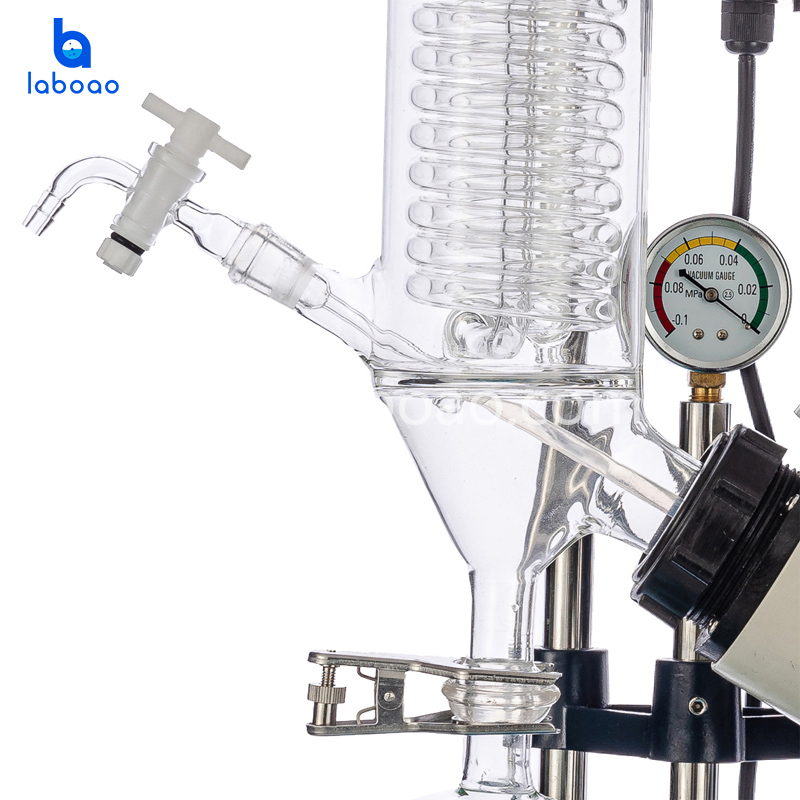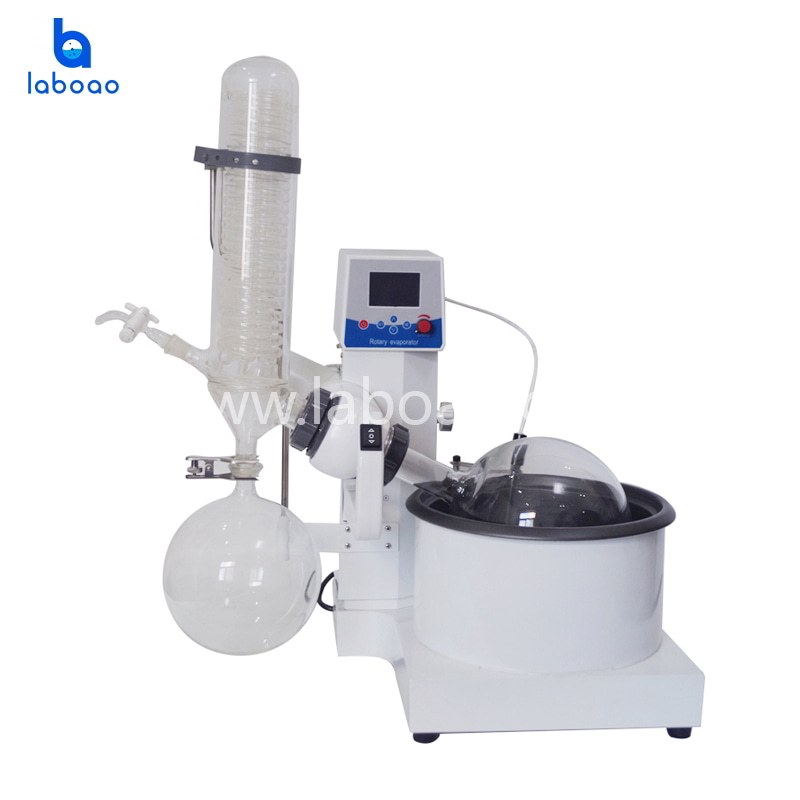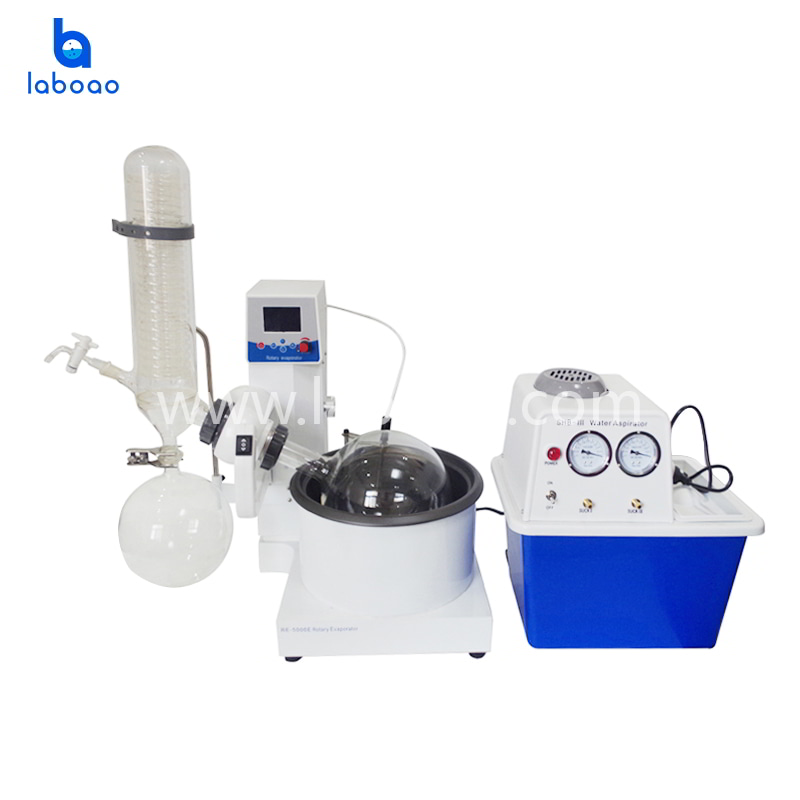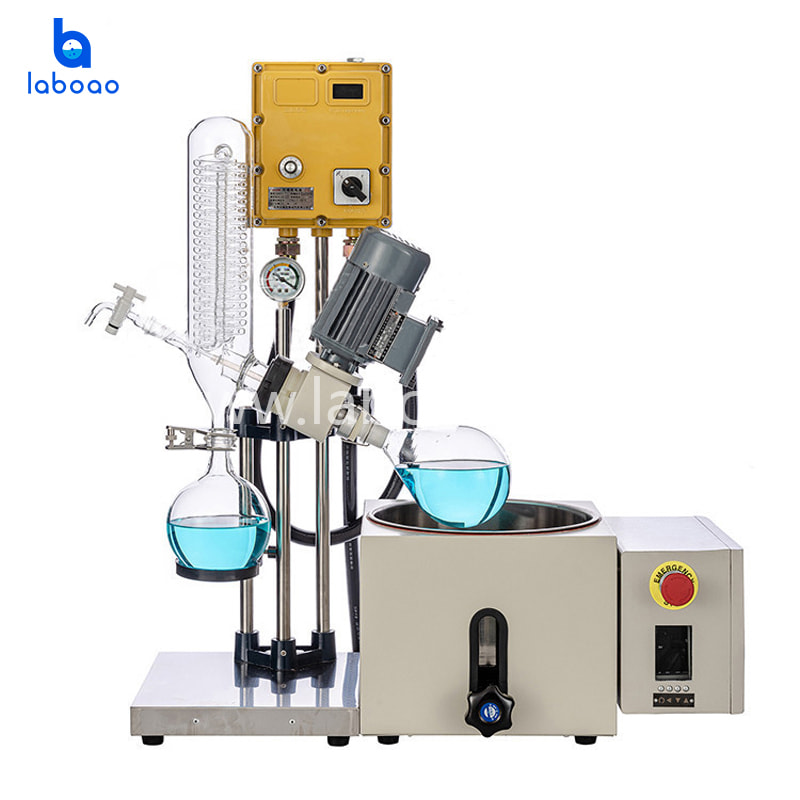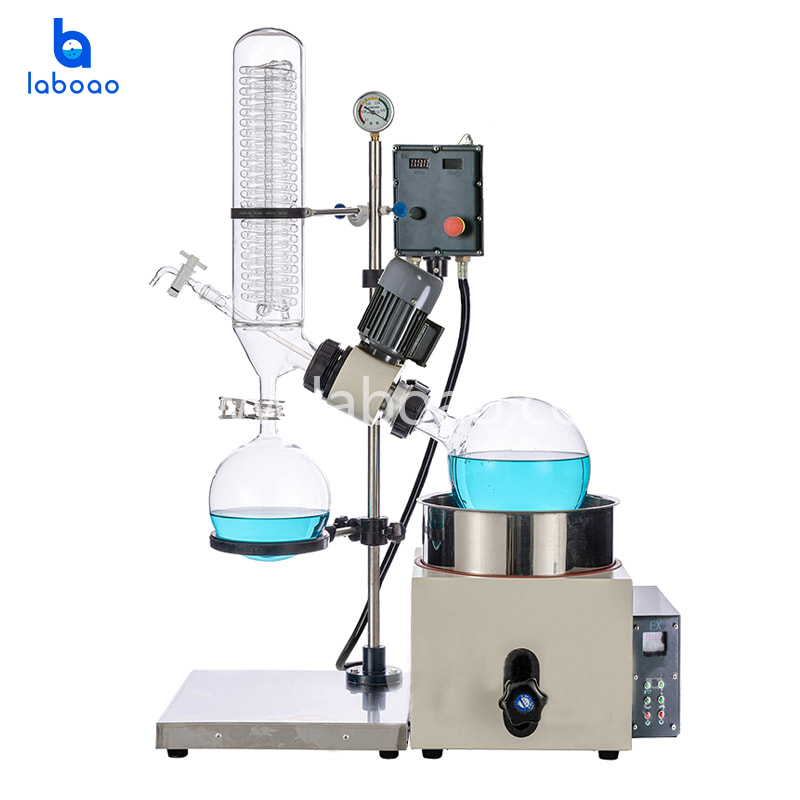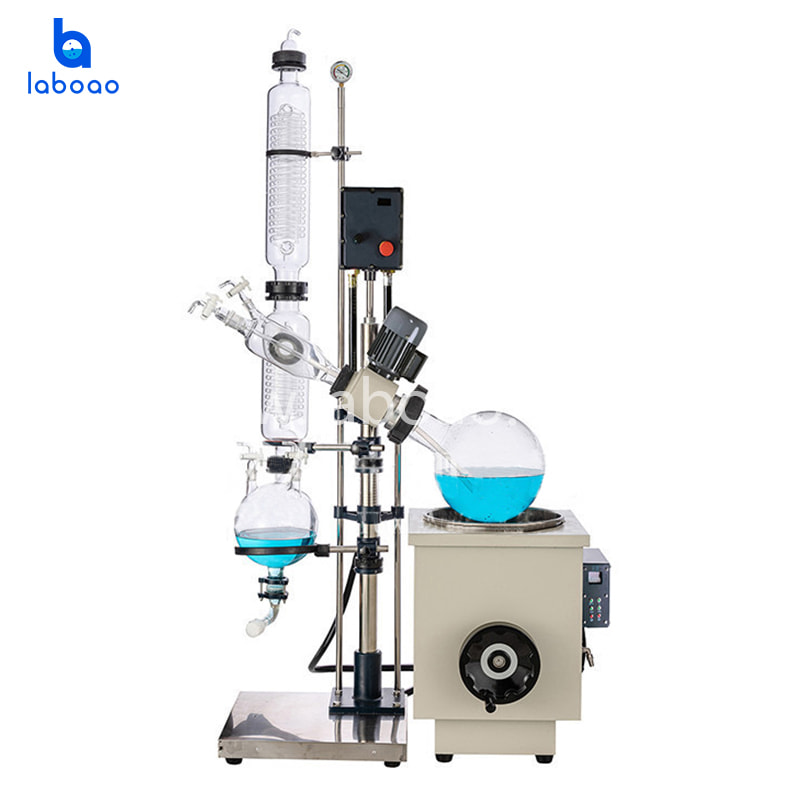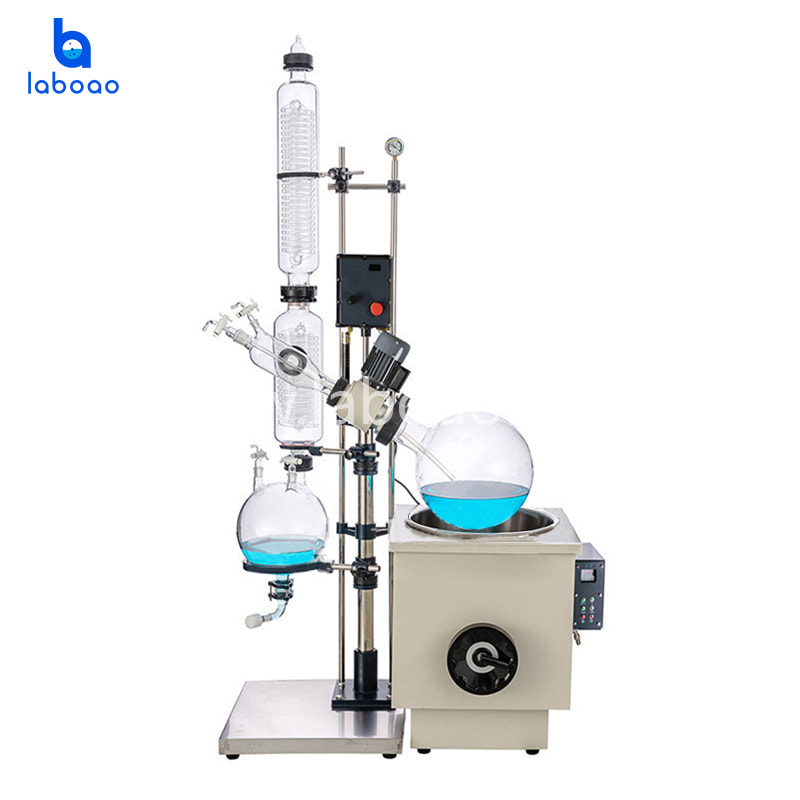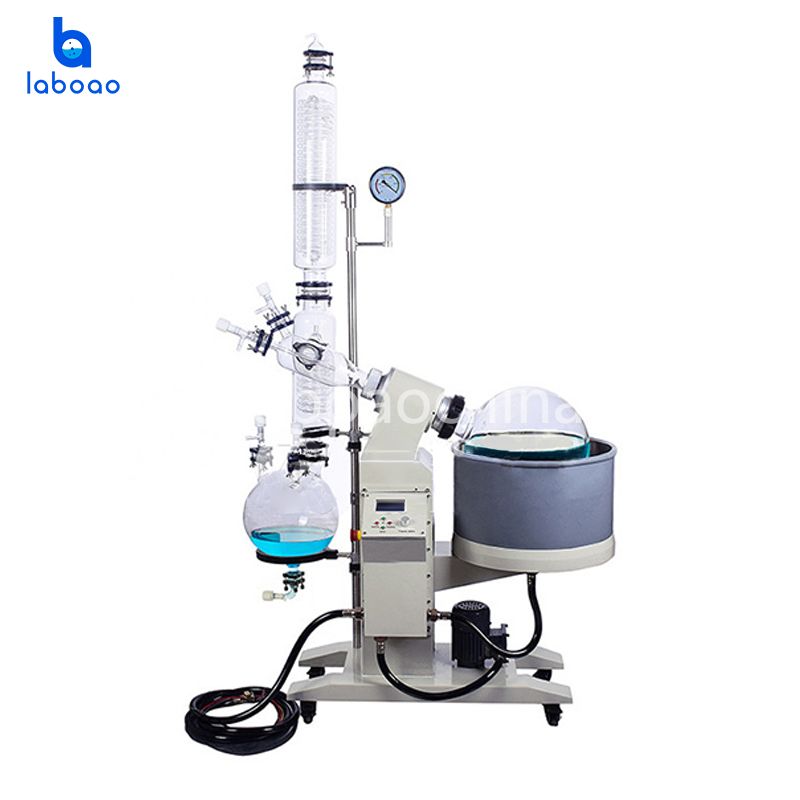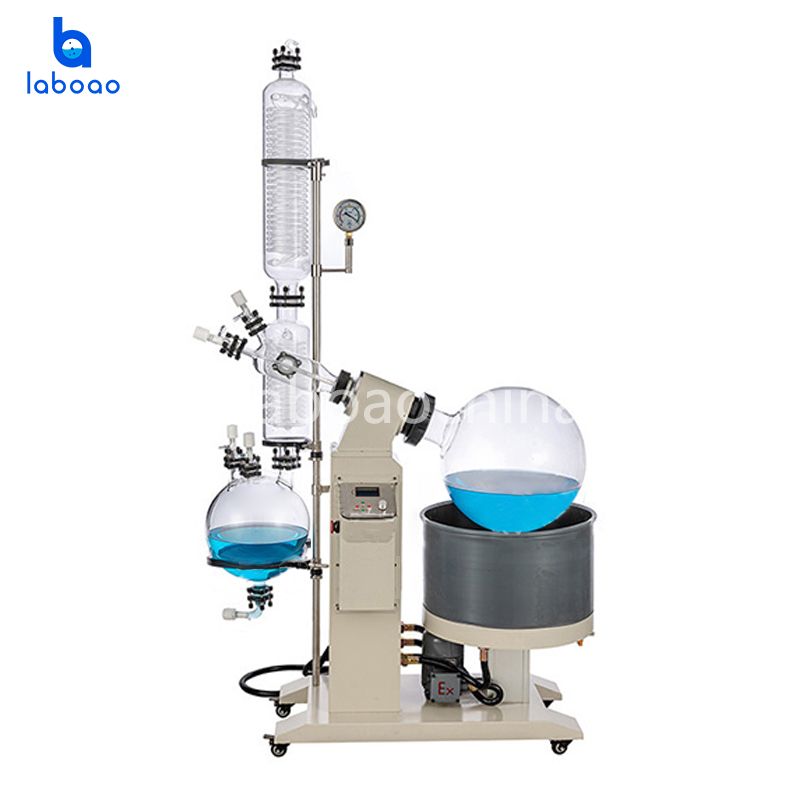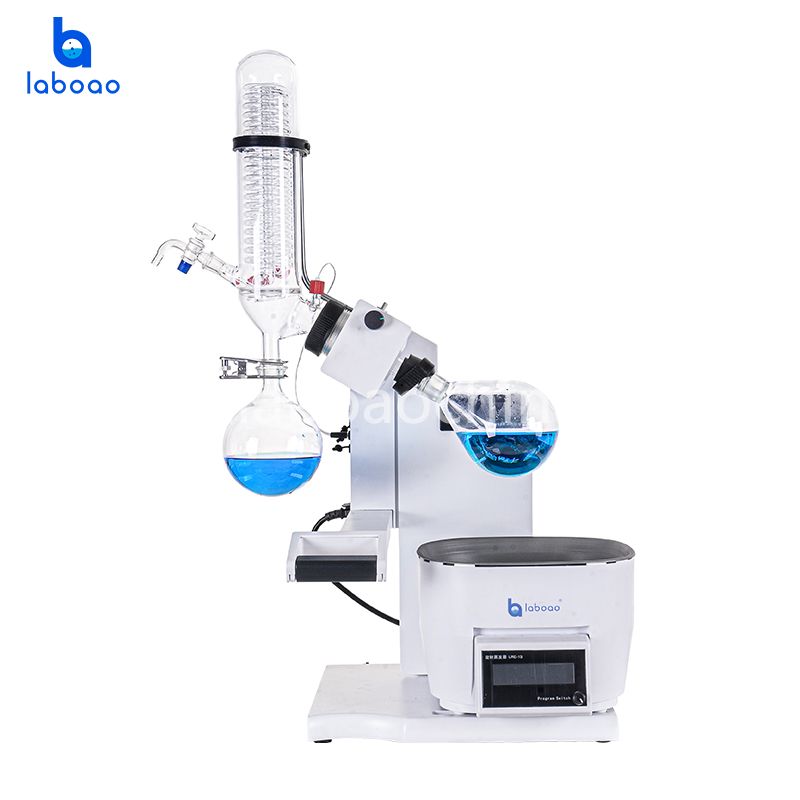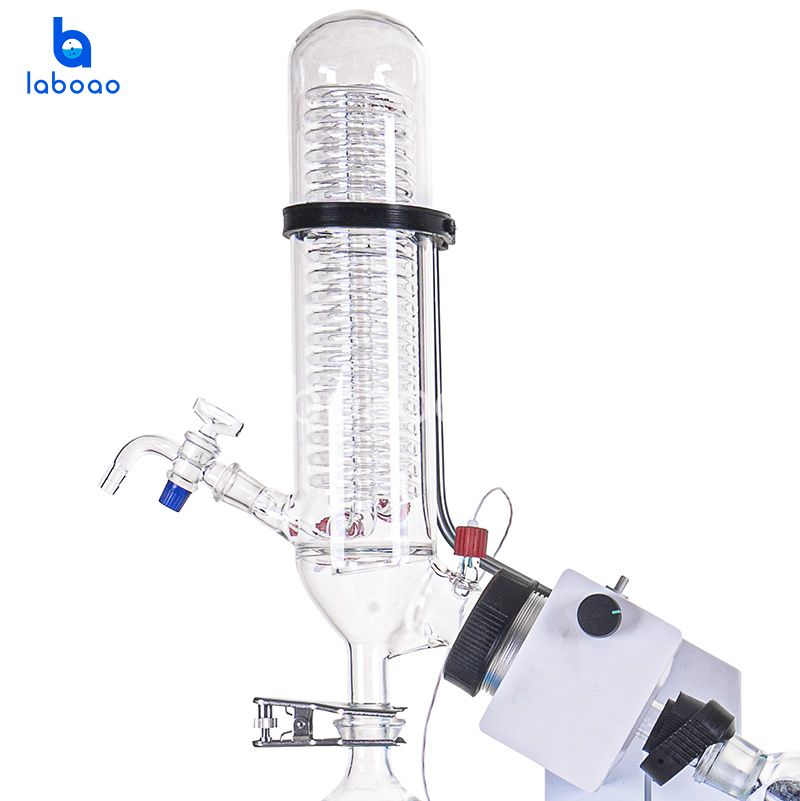- HOME
-
PRODUCTS
Extraction Distillation Equipment Reactor Rotary Evaporator Bioreactor Fermenter Freeze Dryer Spray Dryer Steam Sterilizer Centrifuge Lab Furnace Drying Oven Incubator Low Temperature Freezer Laboratory Equipment Life Science Instrument Drug Testing Instrument Food Testing Instrument Analytical Instrument Petroleum Testing Equipment Water Analysis Instrument
- SOLUTION
- NEWS
- SUPPORT
- VIDEOS
- ABOUT
- CONTACT
Rotary Evaporator
Application
-
 Chemical LaboratoriesSolvent Recovery - Rotary evaporators are used for recovering solvents from reaction mixtures, enabling their reuse and reducing waste. Concentration of Solutions - They aid in concentrating solutions by evaporating the solvent, leading to higher concentrations of desired compounds.
Chemical LaboratoriesSolvent Recovery - Rotary evaporators are used for recovering solvents from reaction mixtures, enabling their reuse and reducing waste. Concentration of Solutions - They aid in concentrating solutions by evaporating the solvent, leading to higher concentrations of desired compounds. -
 Pharmaceutical IndustryDrug Purification - Rotary evaporators facilitate the purification of drugs by removing residual solvents and impurities. Formulation Development -They aid in the formulation development process by concentrating and evaporating solvents in drug formulations.
Pharmaceutical IndustryDrug Purification - Rotary evaporators facilitate the purification of drugs by removing residual solvents and impurities. Formulation Development -They aid in the formulation development process by concentrating and evaporating solvents in drug formulations. -
 Essential Oil ExtractionAromatherapy - Rotary evaporators are utilized for the extraction of essential oils from aromatic plants for use in aromatherapy or fragrance production. Herbal Medicine - They aid in the extraction of bioactive compounds from medicinal herbs for use in herbal medicine and natural remedies.
Essential Oil ExtractionAromatherapy - Rotary evaporators are utilized for the extraction of essential oils from aromatic plants for use in aromatherapy or fragrance production. Herbal Medicine - They aid in the extraction of bioactive compounds from medicinal herbs for use in herbal medicine and natural remedies. -
 Cannabis IndustryTHC Extraction - Rotary evaporators are used for the extraction and concentration of THC (tetrahydrocannabinol) from cannabis plants for medicinal or recreational use. CBD Isolation - They aid in the isolation and purification of CBD (cannabidiol) from cannabis plants for various therapeutic applications.
Cannabis IndustryTHC Extraction - Rotary evaporators are used for the extraction and concentration of THC (tetrahydrocannabinol) from cannabis plants for medicinal or recreational use. CBD Isolation - They aid in the isolation and purification of CBD (cannabidiol) from cannabis plants for various therapeutic applications. -
 Food and Beverage IndustryFlavor Extraction - Rotary evaporators are used for the extraction of flavors from natural sources, such as fruits or spices, for use in food and beverage products. Beverage Concentration - They aid in the concentration of beverages by evaporating water, resulting in increased flavor intensity.
Food and Beverage IndustryFlavor Extraction - Rotary evaporators are used for the extraction of flavors from natural sources, such as fruits or spices, for use in food and beverage products. Beverage Concentration - They aid in the concentration of beverages by evaporating water, resulting in increased flavor intensity. -
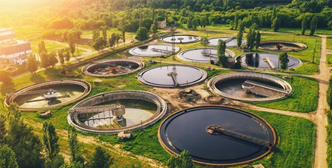 Environmental AnalysisSample Preparation - Rotary evaporators are utilized in sample preparation for environmental analysis, such as concentrating water samples or extracting pollutants from solid matrices. Oil Spill Analysis - They aid in the concentration and recovery of oil samples from environmental samples for analysis and assessment of oil spills.
Environmental AnalysisSample Preparation - Rotary evaporators are utilized in sample preparation for environmental analysis, such as concentrating water samples or extracting pollutants from solid matrices. Oil Spill Analysis - They aid in the concentration and recovery of oil samples from environmental samples for analysis and assessment of oil spills. -
 Academic ResearchNatural Product Chemistry - Rotary evaporators are employed in the isolation and purification of natural compounds from plants or microorganisms. Synthetic Chemistry - They aid in the concentration of reaction mixtures and the purification of synthetic compounds for further characterization.
Academic ResearchNatural Product Chemistry - Rotary evaporators are employed in the isolation and purification of natural compounds from plants or microorganisms. Synthetic Chemistry - They aid in the concentration of reaction mixtures and the purification of synthetic compounds for further characterization.
FAQ
- What is the capacity of the rotary evaporator?
- The capacities of the rotary evaporators we produce include 1L, 2L, 3L, 5L, 10L, 20L, 30L, 50L, and 100L (maximum capacity). Optional explosion-proof rotary evaporator.
- What are the main components of a rotary evaporator?
- The rotary evaporator is mainly composed of a cylindrical container, a heating system, a cooling system, a vacuum system, a rotating mechanism, a collection bottle and other components.
- What are the advantages of explosion-proof rotary evaporator?
- Compared with traditional evaporators, it has efficient heat transfer characteristics and can handle a larger amount of material in the same time. It adopts various safety features such as motor explosion-proof, variable frequency speed regulator explosion-proof, control table explosion-proof, and cable explosion-proof pipes. Measures can effectively prevent dangerous accidents during equipment operation.
- Is the rotary evaporator equipped with a vacuum pump?
- No, you need to purchase a vacuum pump according to your requirements. We recommend corrosion-resistant circulating water vacuum pumps and diaphragm vacuum pumps, which can evacuate to 0.098MPa.
- What are the main factors affecting the evaporation efficiency of a rotary evaporator?
- Water bath temperature, vacuum degree, condenser cooling medium temperature, evaporator bottle speed.
- What are the main application fields of rotary evaporator?
- Rotary evaporators are mainly used in chemical, pharmaceutical, food, environmental protection and other industries. In the chemical industry, it can be used in organic solvent recovery, crystallization, coating and other processes. In the pharmaceutical industry, it can be used for the concentration, drying, crystal preparation and other processes of pharmaceuticals. In the food industry, it can be used for the concentration of juice, pulp and other liquids, and the preparation of syrup. In the environmental protection industry, it can be used to treat wastewater and waste gas containing harmful substances, and reduce the emission of pollutants.
Related Article
-
The Role And Distillation Effect Of Rotary Evaporator
With the increasingly mature production technology of laboratory equipment in my country, more and more university laboratories have begun to use rotary evaporators. The rotary evaporator is a device that uses a rotary evaporation bottle to increase the evaporation area and place it in a water bath under reduced pressure while rotating and heating, so that the solution in the bottle is diffused and evaporated.
-
What is the function of the rotary evaporator condenser tube?
A complete rotary evaporator was combined with a rotary evaporator condenser and motor, water bath, distillation flask, collection flask and other accessories. Each part of the rotary steaming plays its own role, and the role of the rotary evaporator condenser tube is a top priority.
-
Method and precautions during use of rotary evaporator
Rotary evaporators are primarily used to continuously distill large amounts of volatile solvents under reduced pressure. In particular, the concentration of the extract and the distillation of the receiving liquid in the chromatographic separation can separate and purify the reaction product.
